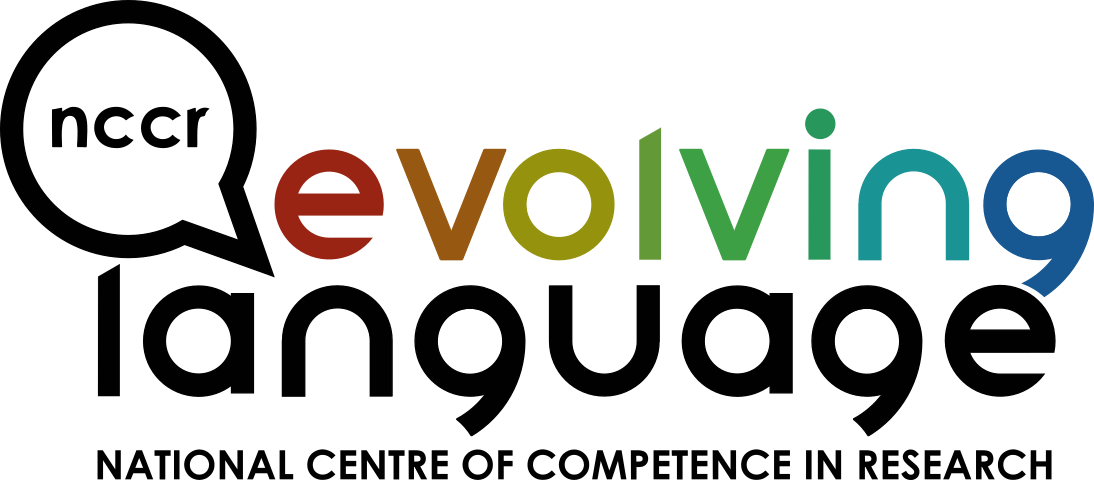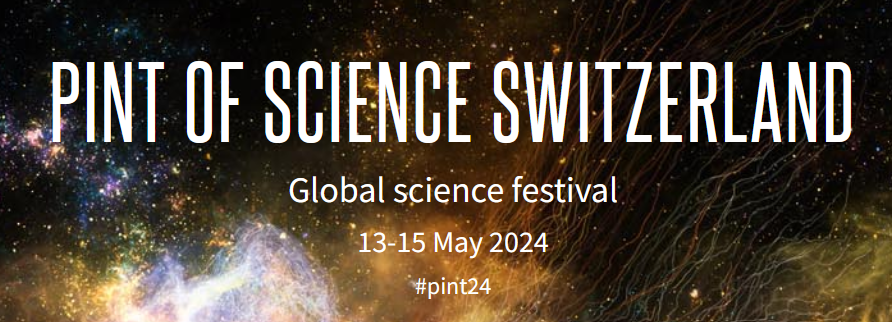
Pint of Science 2024 avec le PRN Evolving Language
Le festival Pint of Science 2024 se déroulera du 13 au 15 mai ! Des chercheuses et chercheurs du PRN Evolving Language de nombreux domaines de recherche y participeront. Rejoignez-les dans les bars à travers toute la Suisse !

Parentalité collective, une clé de l’évolution – un documentaire ARTE avec la chercheuse du PRN Judith Burkart
À quoi ressemblait la maternité à l’époque préhistorique ? Un documentaire d’ARTE, publié le 13 avril et réalisé avec l’anthropologue du PRN Judith Burkart, se penche sur ce sujet fascinant.

Succès pour le workshop interdisciplinaire du PRN sur le concept de “sens” !
Le PRN Evolving Language TTF Concepts a organisé le 27 mars un atelier intitulé “Finding Interdisciplinary Ground for Empirical Work on Meaning”. Une cinquantaine de chercheurs du PRN, issus de tous les domaines de recherche et de tous les niveaux de carrière, ont participé à l’événement, à Neuchâtel.
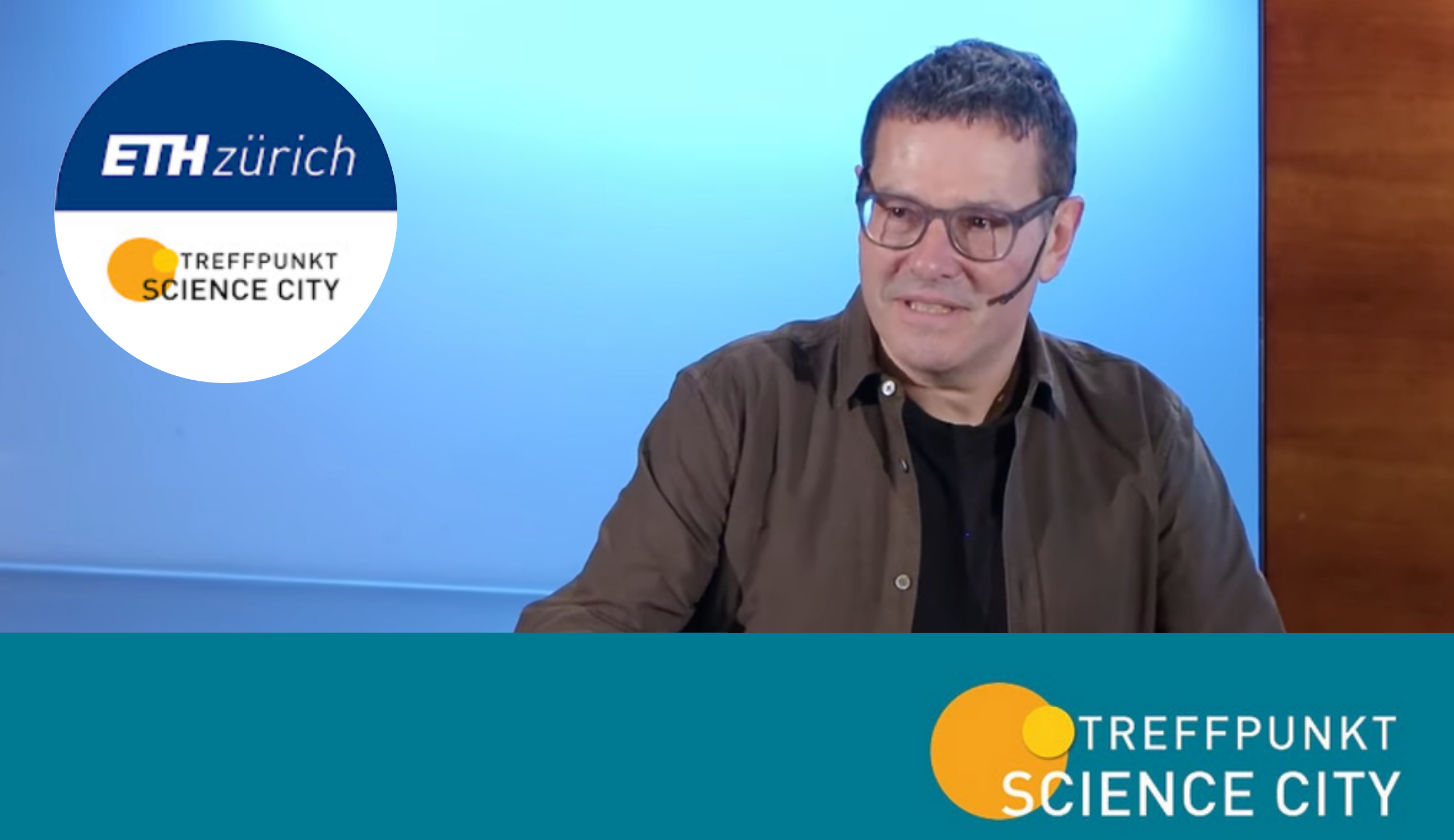
Prof. Balthasar Bickel talks about the family tree of languages at ETH Treffpunkt Science City
Balthasar Bickel spoke at the ETH’s outreach seminar series Treffpunkt Science City on 24 March 2024 on “The family tree of languages (Der Stammbaum der Sprachen)”.

Célébrons la Journée International de la Langue Maternelle
À l’occasion de la Journée Internationale de la langue maternelle, nous nous rappelons que le PRN Evolving Language s’efforce par son travail de préserver et de promouvoir ces langues menacées.

Un workshop conjoint sur la psycholinguistique interculturelle entre l’UZH et l’Université Tribhuvan, Népal
Une initiative conjointe pour un atelier d’une journée entre des chercheurs du département central de linguistique de la TU et du département des sciences comparatives du langage de l’UZH a eu lieu le 16 février à Kirtipur, au Népal.

Des cours sur l’évolution du langage à l’Uni3
Au semestre de printemps 2024, l’Uni3 – Université Senior de Genève – propose à ses participant.e.s des cours sur l’évolution du langage, en collaboration avec le PRN Evolving Language.
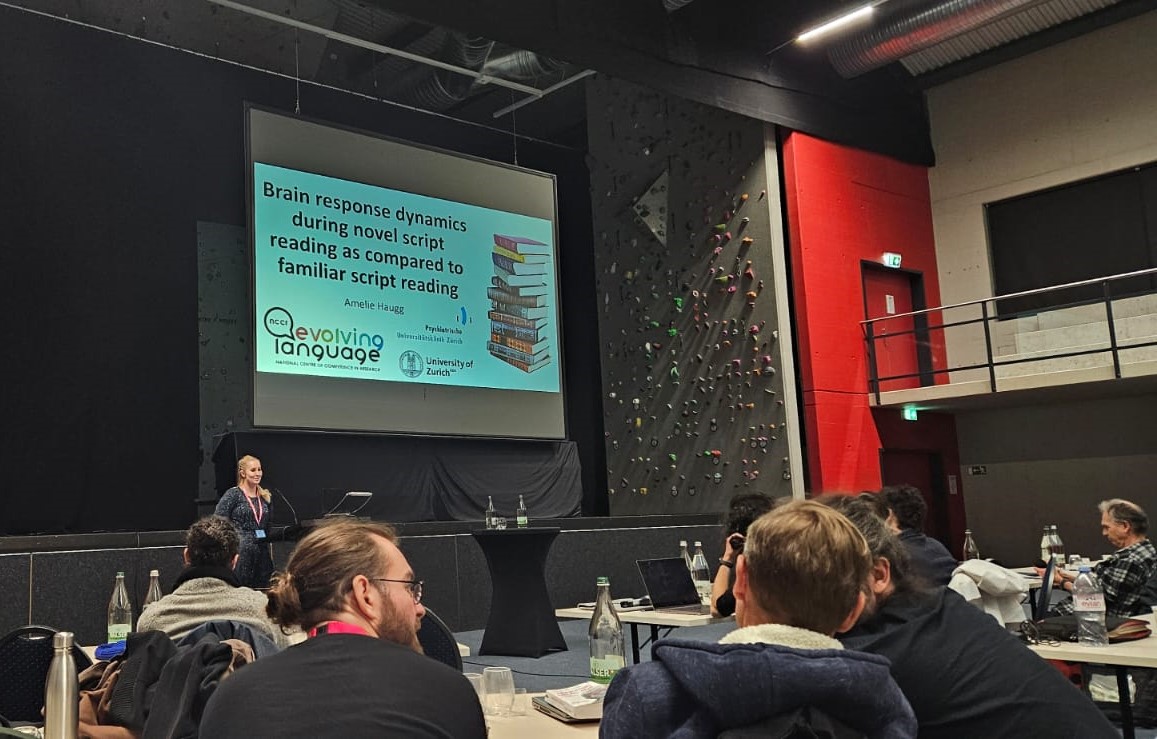
Le PRN Evolving Language à ABIM2024
Du 7 au 11 janvier, la session 2024 du Alpin Brain Imaging Meeting (ABIM) s’est déroulée dans le petit village typique de Champéry. L’édition de cette année comportait un jour entier dévoué à l’évolution et la neurobiologie du langage, avec des présentations de chercheuses du PRN Evolving Language.

Il observe les singes pour mieux comprendre les humains
Le biologiste Thibaud Gruber est spécialiste du comportement des singes. En les observant dans leur environnement naturel, en Ouganda, il veut comprendre ce qui fait la spécificité des humains.
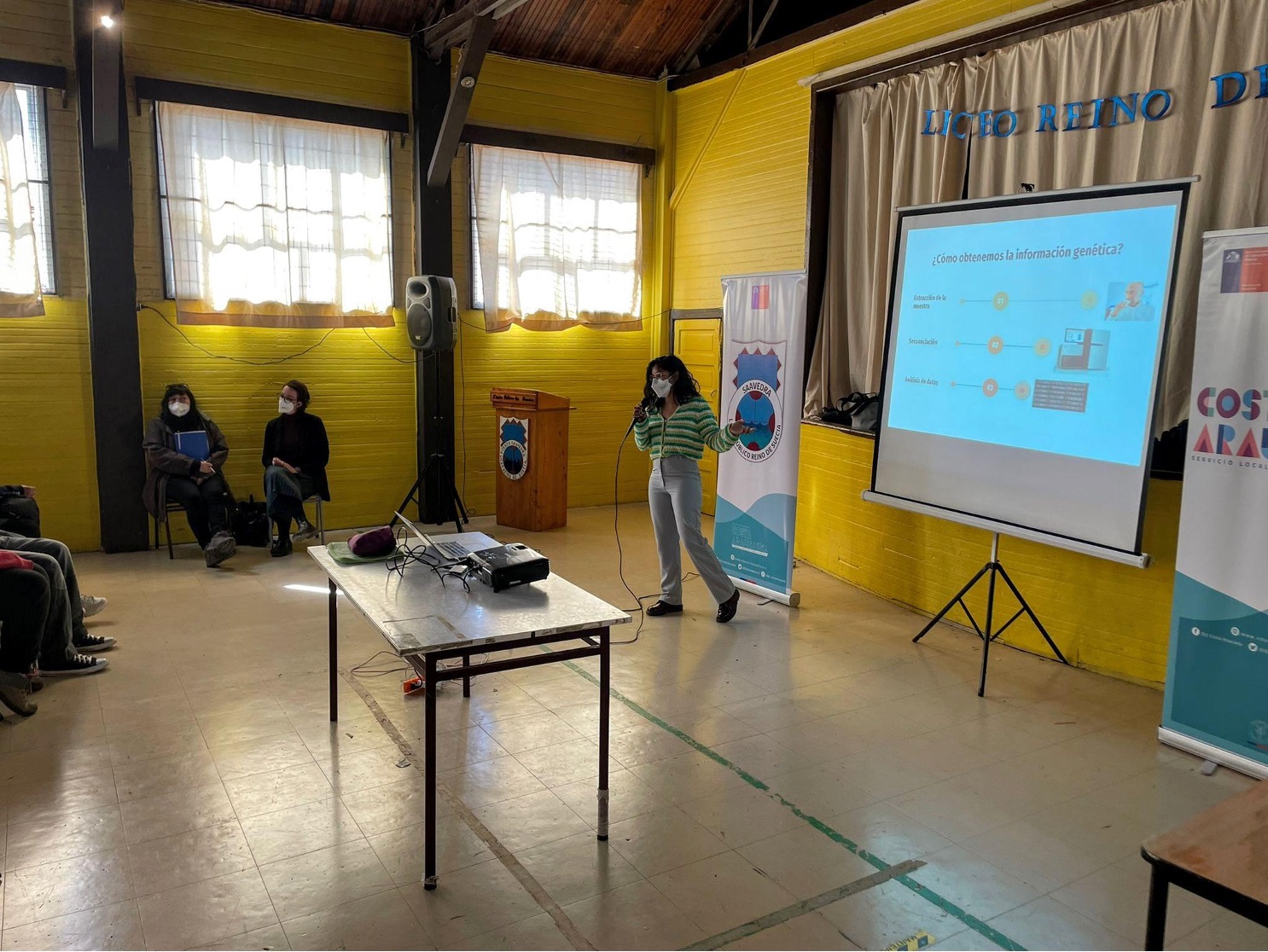
Un exemple pour la recherche génétique avec des populations indigènes
La recherche génétique sur les populations indigènes peut-elle être menée de manière plus éthique ? C’est ce que pensaient Chiara Barbieri et son équipe lorsqu’ils et elles ont commencé à travailler avec la communauté Mapuche. Dans un article récent, le groupe a rendu compte de cette expérience afin de partager ses connaissances et de promouvoir une science transparente et inclusive.

Des compétitions d’images du PRN et du SNF sont maintenant ouvertes
Mettez votre recherche sous les projecteurs ! Le PRN Evolving Language et le SNF invitent les chercheur.se.s à soumettre leurs images pour entrer dans la compétition. Nous sommes impatient.e.s de découvrir votre travail !
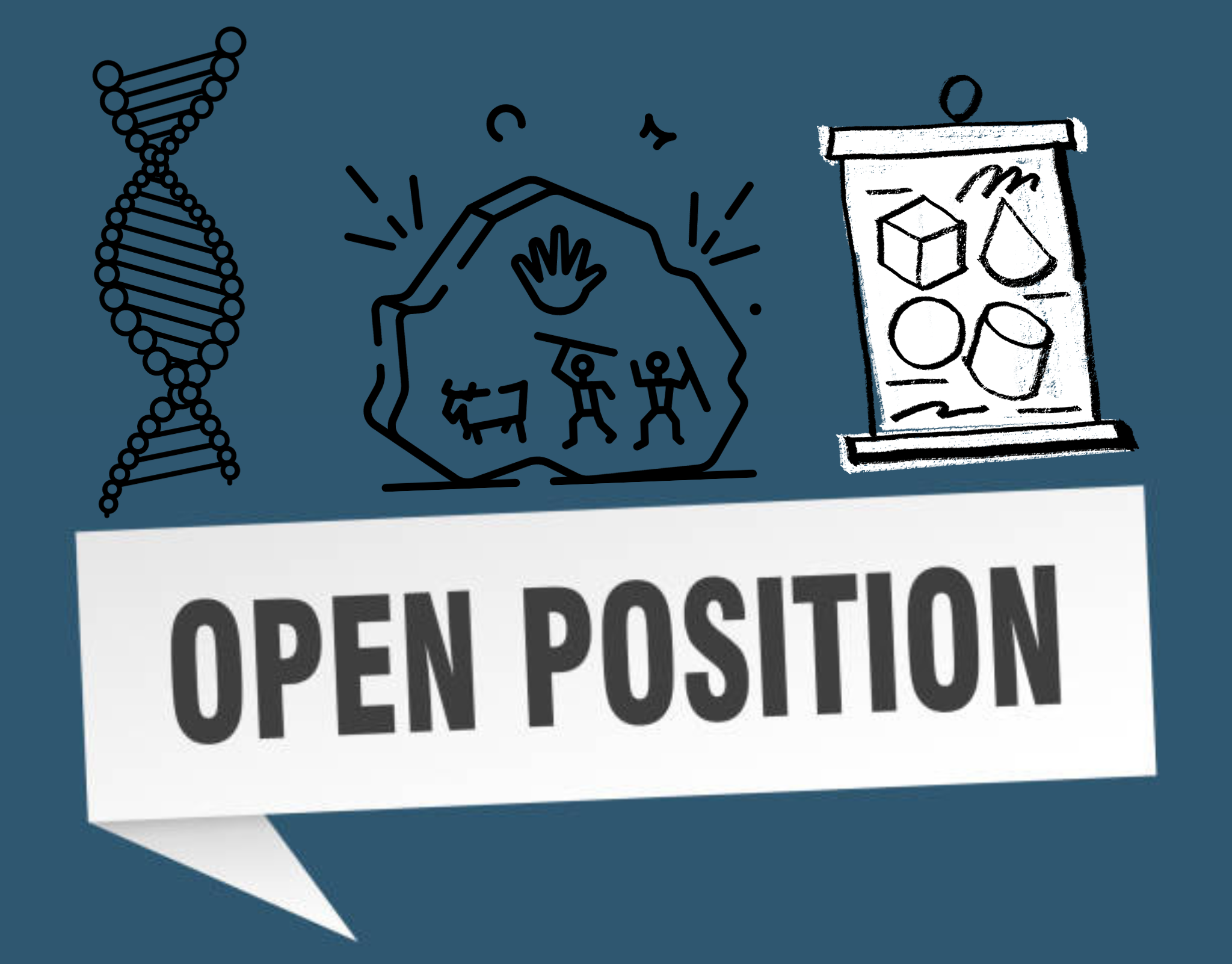
Open PI and Professor positions at the UZH
Three PI/professor positions are currently open for applications at the University of Zurich, in the fields of paleoanthropology, mathematical foundations of language and genetics of language.

SNSF Media Training Courses pour 2024
Le FNS propose des formations en communication. Les dates pour 2024 sont annoncées. Plus d’informations sur les formations sont disponibles sur le site web du FNS.
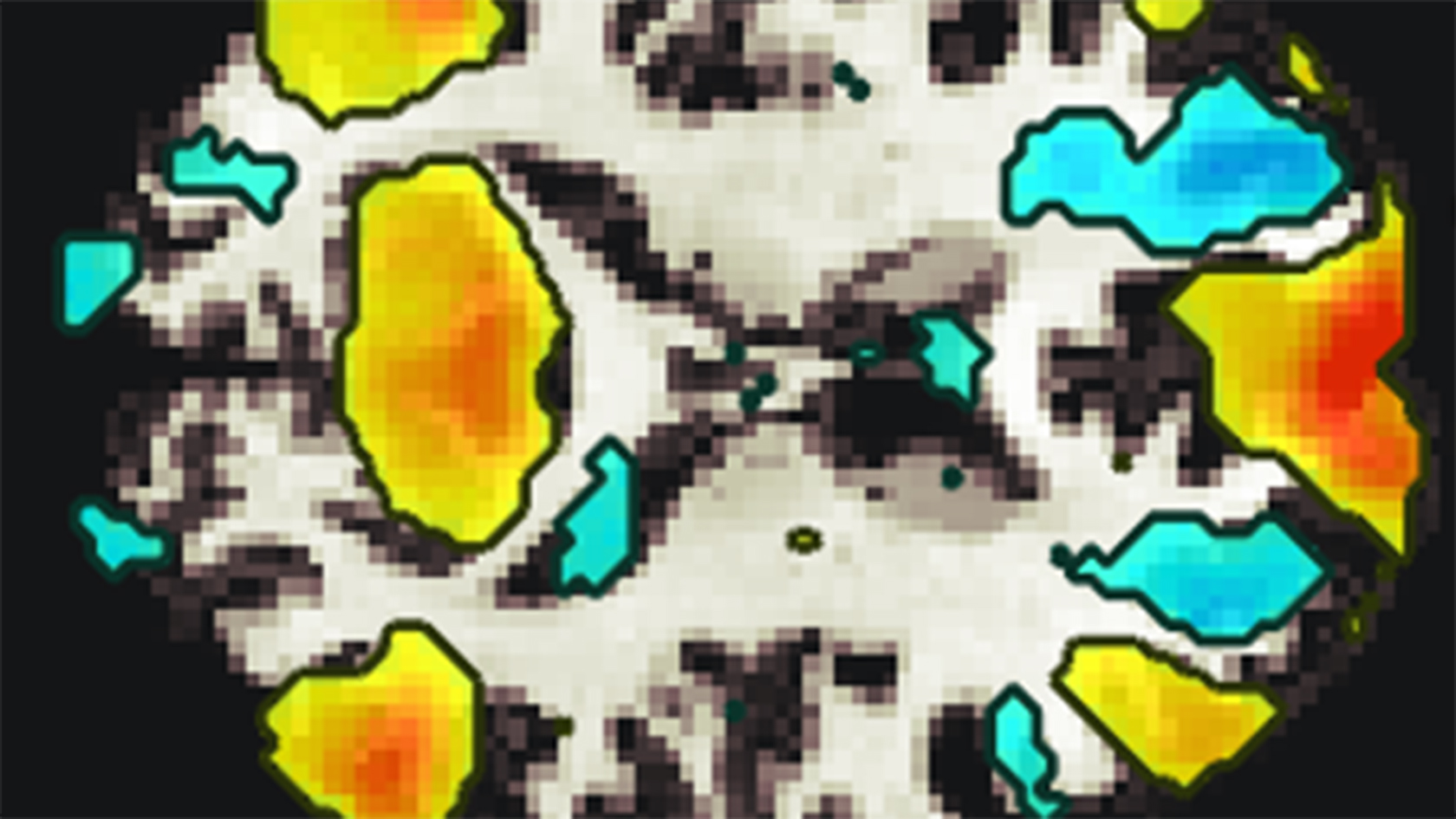
Une subvention de trois millions d’euros pour un projet collaboratif sur les troubles du langage dans les maladies psychotiques
Philip Homan de l’Université de Zurich et de l’Hopital Universitaire de Psychiatrie de Zurich a reçu 3 des 10 millions d’euros de subventions de la part du Conseil de Recherche Européen (ERC) pour un projet collaboratif sur les troubles du langages dans les maladies psychotiques.
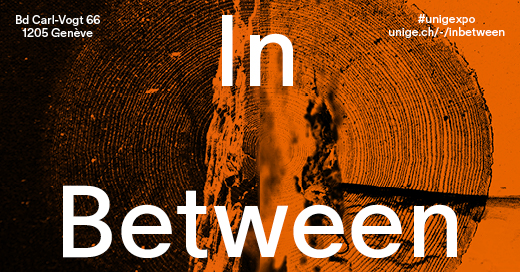
“In Between” – Une création de l’artiste Julie Sémoroz, en collaboration avec le PRN Evolving Language
L’exposition In Between par l’artiste Julie Semoroz, ainsi que divers ateliers et concerts se dérouleront du 9 au 26 novembre.
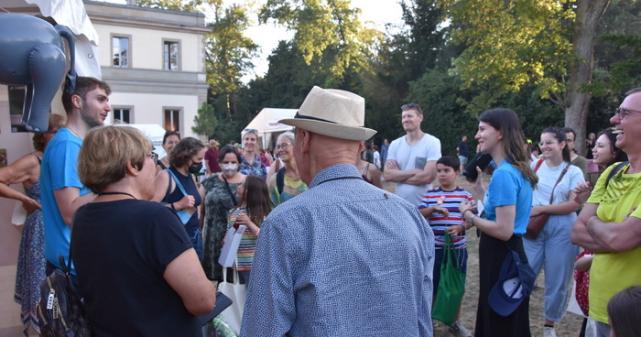
Un atelier-rencontre autour de la relation humain-animal par un chercheur du PRN – Week-end ParoleS au MEG
Le samedi 4 novembre à 14h30, en collaboration avec le PRN Evolving Language, un atelier-recontre pour découvrir le monde fascinant de la communication animale est accessible à tous au Musée d’Ethnographie de Genève !
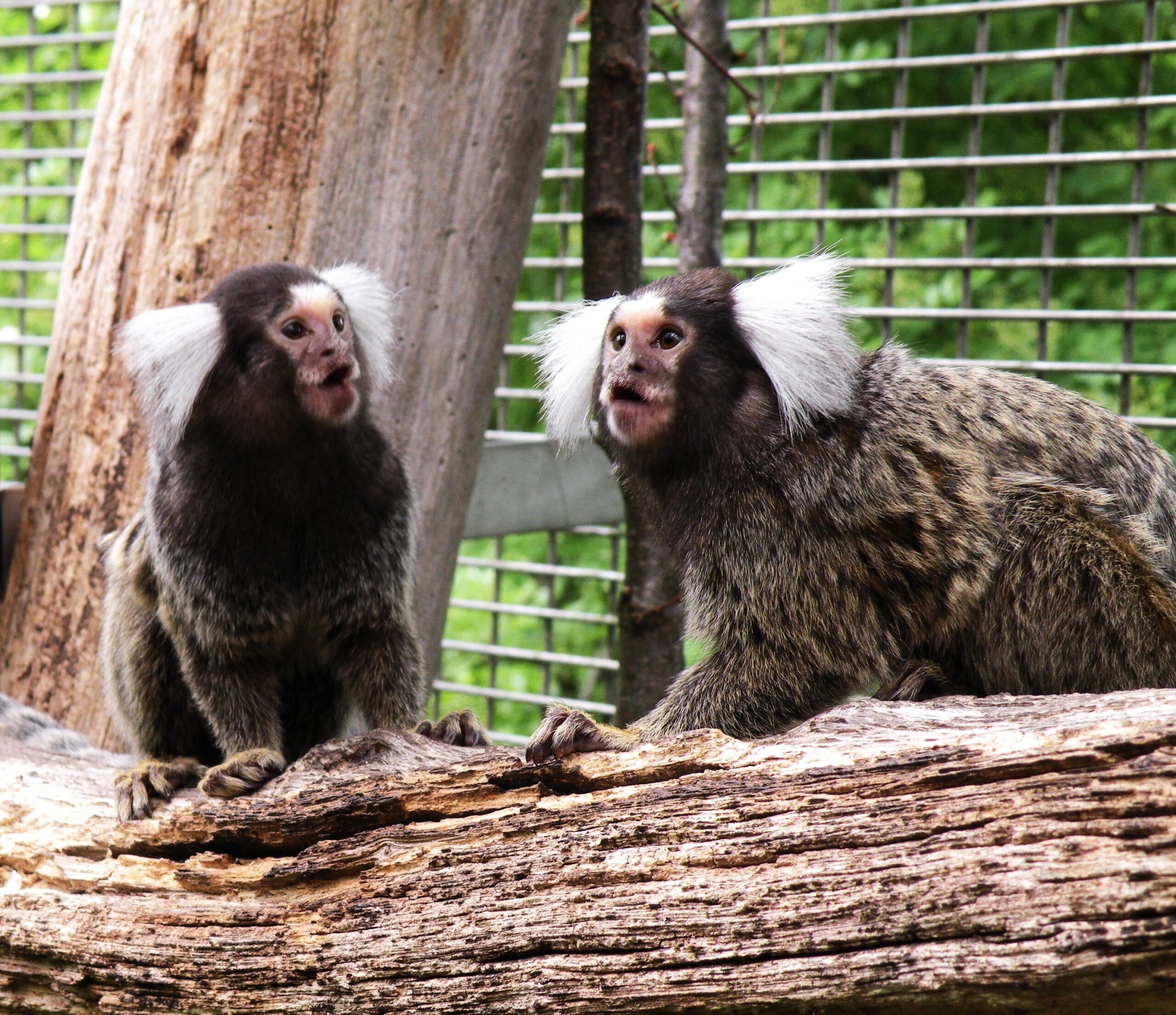
Qui appelle ? Un nouvel algorithme pour identifier individuellement les ouistitis selon leur cri
Qui appelle? Les ouistitis sont des singes très sociaux et vocaux, ce qui en fait des modèles idéals pour étudier la communication orale, et par la même occasion son évolution. Mais cela vient aussi avec son lot de problèmes, car analyser ces signaux de communication complexes peut s’avérer délicat. Heureusement, une équipe de chercheurs dirigés […]
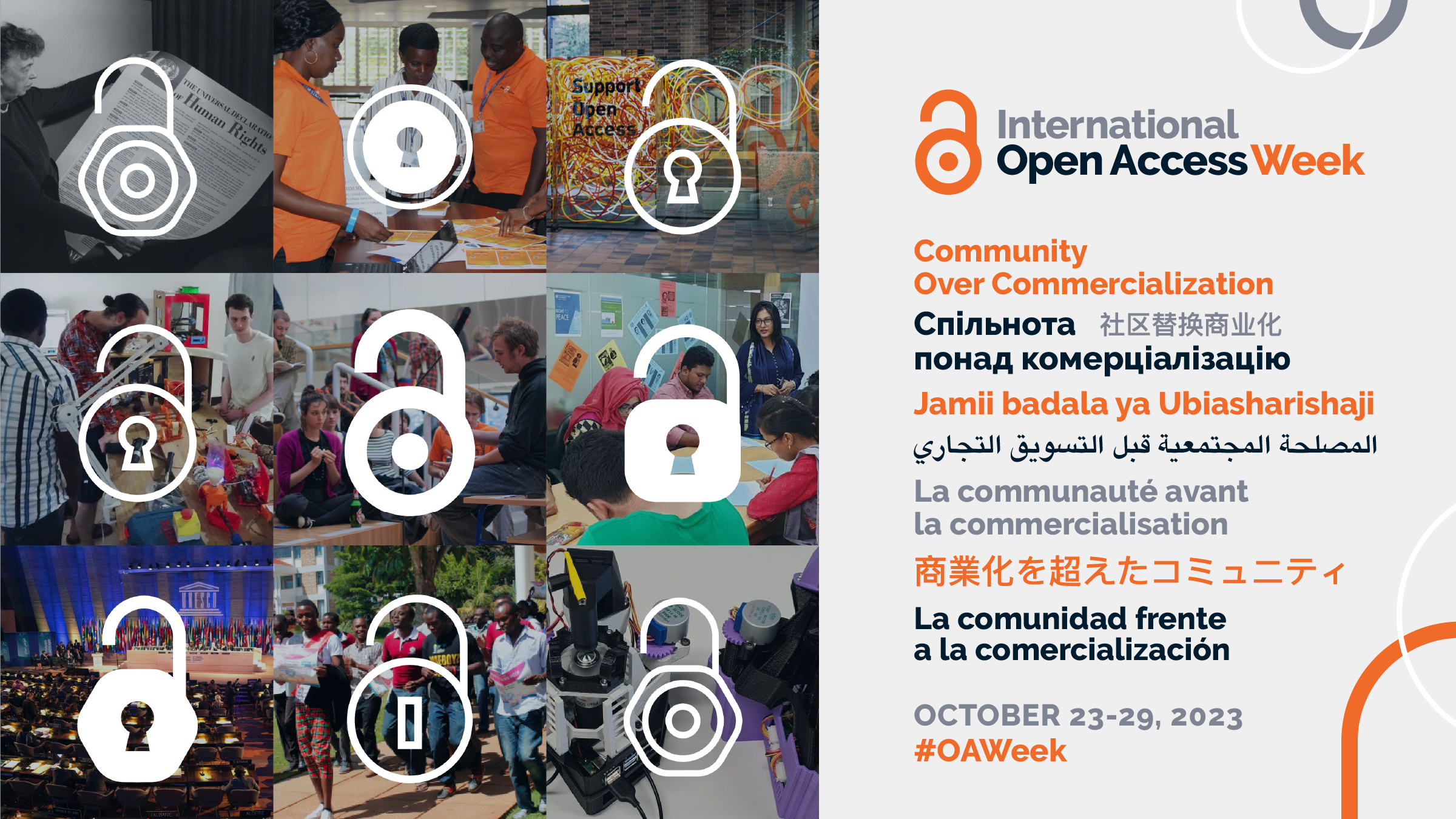
Participez à la Semaine Internationale pour le Libre Accès
Les universités de Genève et de Zürich ont organisé des événements pour la Semaine Internationale pour le Libre Accès, du 23 au 29 octobre. Consultez les programmes !
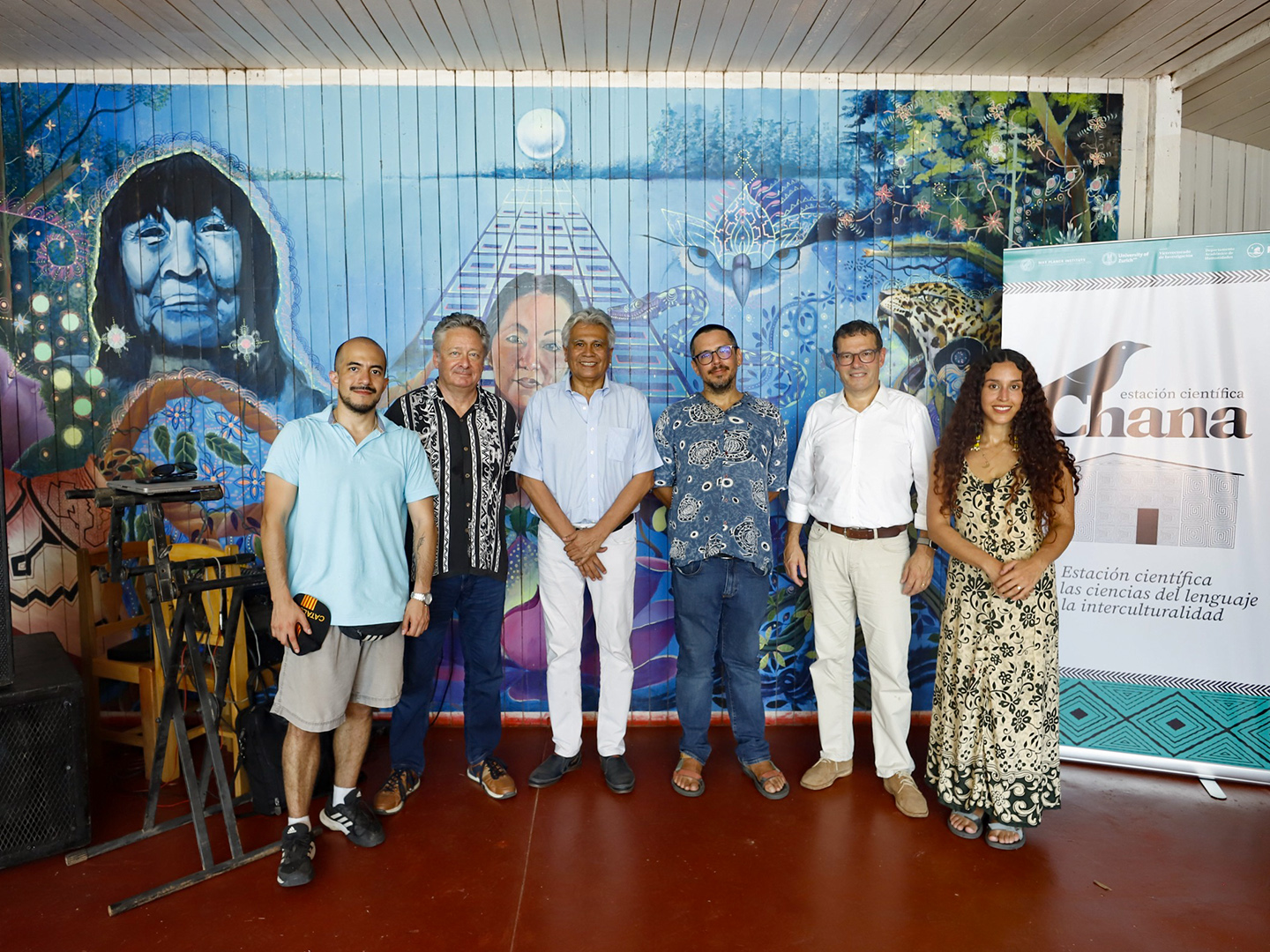
Un nouveau centre de recherche pour les langues natives amazoniennes au Pérou
Le 5 octobre, une nouvelle station de recherche pour les sciences du langage et l’interculturalité Chana a été inaugurée à San José de Yarinacocha – à Pucallpa, Pérou. Ce centre est voué à être un espace pour la recherche et la rencontre culturelle afin de préserver et renforcer les langues natives d’Amazonie.
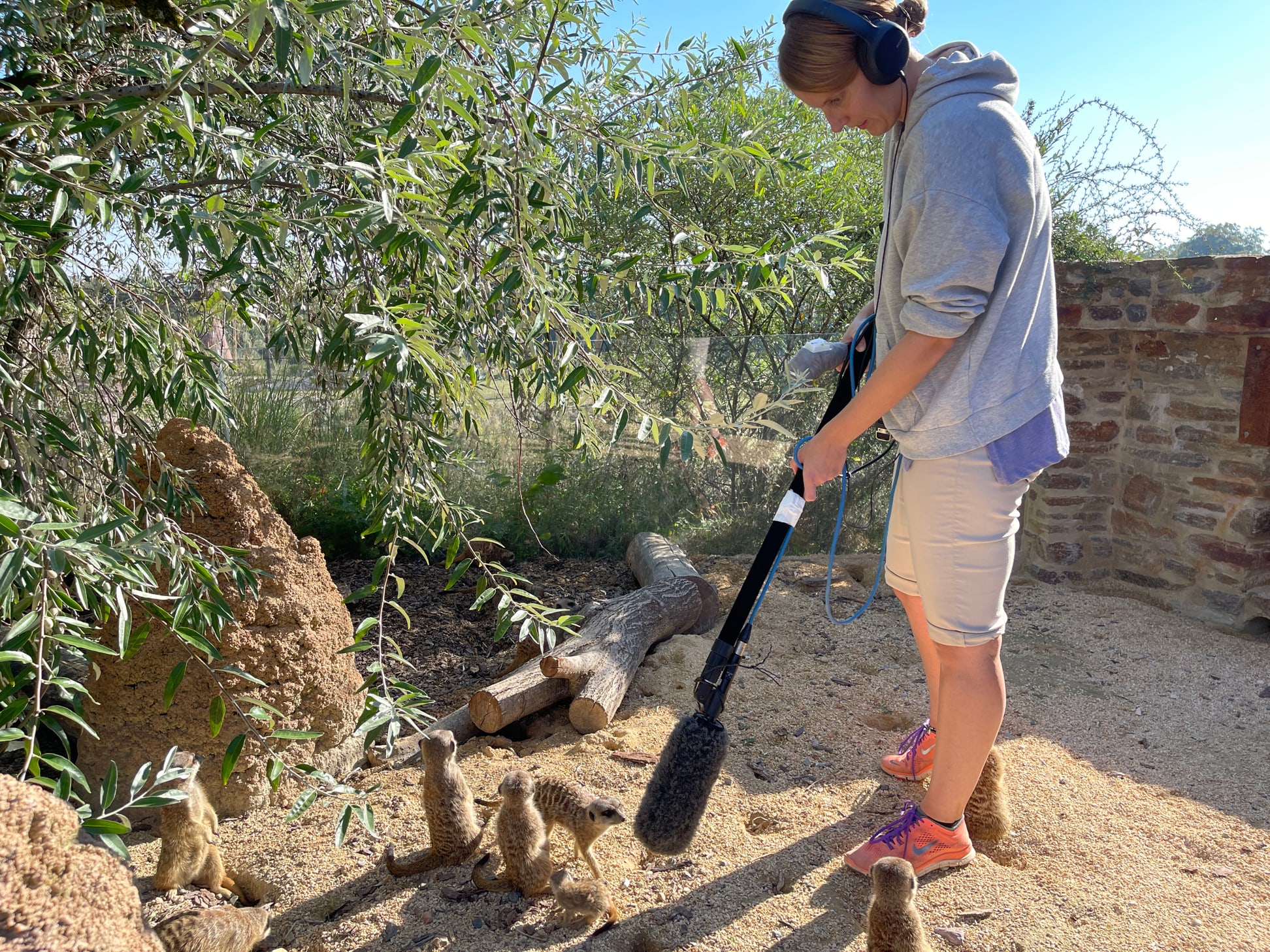
Mieux comprendre les suricates
Deux chercheuses du PRN Evolving Language ont rendu visite aux suricates dans la savane de Lewa du zoo de Zurich. Elles enregistrent des cris, reproduisent des sons, et écoutent et observent attentivement les animaux. Vous trouverez ici de plus d’informations sur le projet – avec trois vidéos.
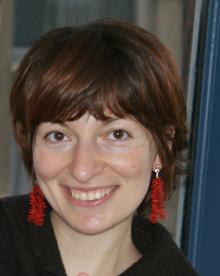
Nous accueillons Prof. Nina Kazanina dans notre PRN !
En octobre 2023, Nina Kazanina rejoindra l’Université de Genève et le PRN Evolving Language en tant que professeure ordinaire au Département des Neurosciences Fondamentales. Elle étudie comment nous parvenons à comprendre le langage oral et écrit en temps réel, avec peu d’efforts.

Une série de conférences sur l’origine et la diversité du langage – UZH-i Ringvorlesung “Das Erste Wort”
La série de conférence “Le Premier Mot” a pour but de rendre accessible à une large audience l’incroyable recherche sur les origines des compétences linguistiques humaines.
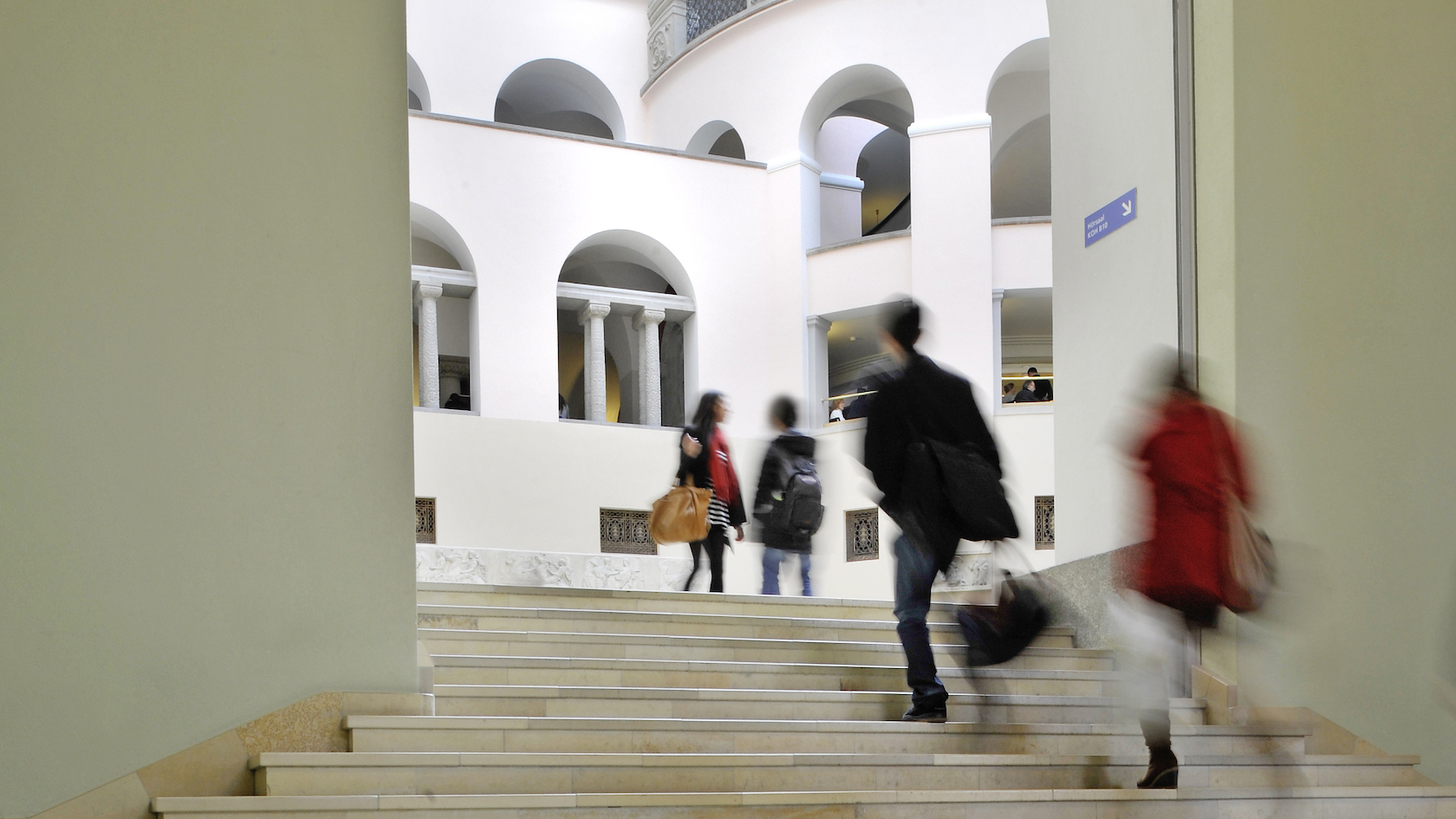
UZH: Professorship (open rank) in German Linguistics with a focus on Semantics – Pragmatics – Interaction. 100 %
The University of Zurich invites applications for a professorship (open rank) in German Linguistics with a focus on Semantics – Pragmatics – Interaction.
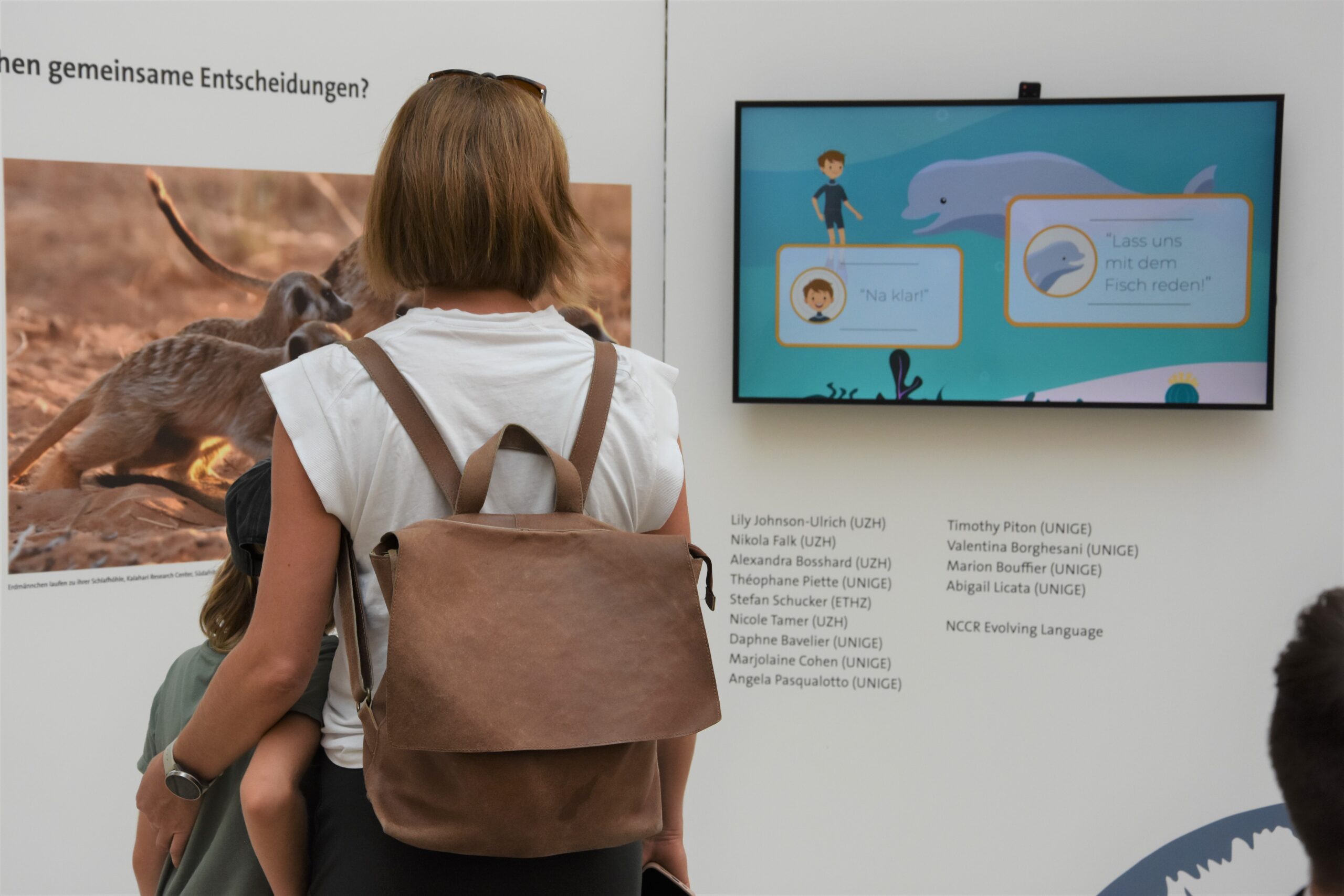
Representing the NCCR Evolving Language at Scientifica23, Zürich
On the 2nd and 3rd of September 2023, researchers from the NCCR Evolving Language got to showcase the research conducted in the center to the visitors of Scientifica23, a science fair that amassed 20’000 visitors this year! Through four activities on the NCCR booth and a round table, interesting discussions sparked.
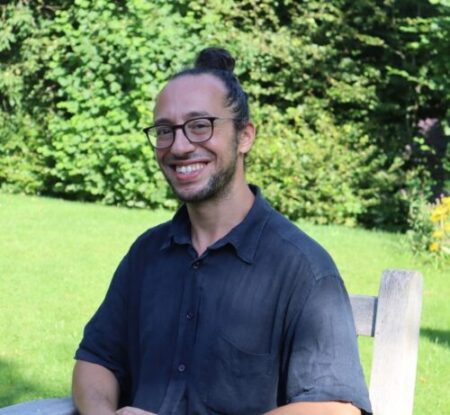
Un nouveau poste dans le PRN Evolving Language pour Alexis Hervais-Adelman !
A partir de septembre 2023, Alexis Hervais-Adelman occupera un poste de professeur assistant au département des neurosciences fondamentales de l’Université de Genève. En tant que neurolinguiste, il s’intéresse principalement à l’étude de ce qu’il appelle le “langage extrême”.
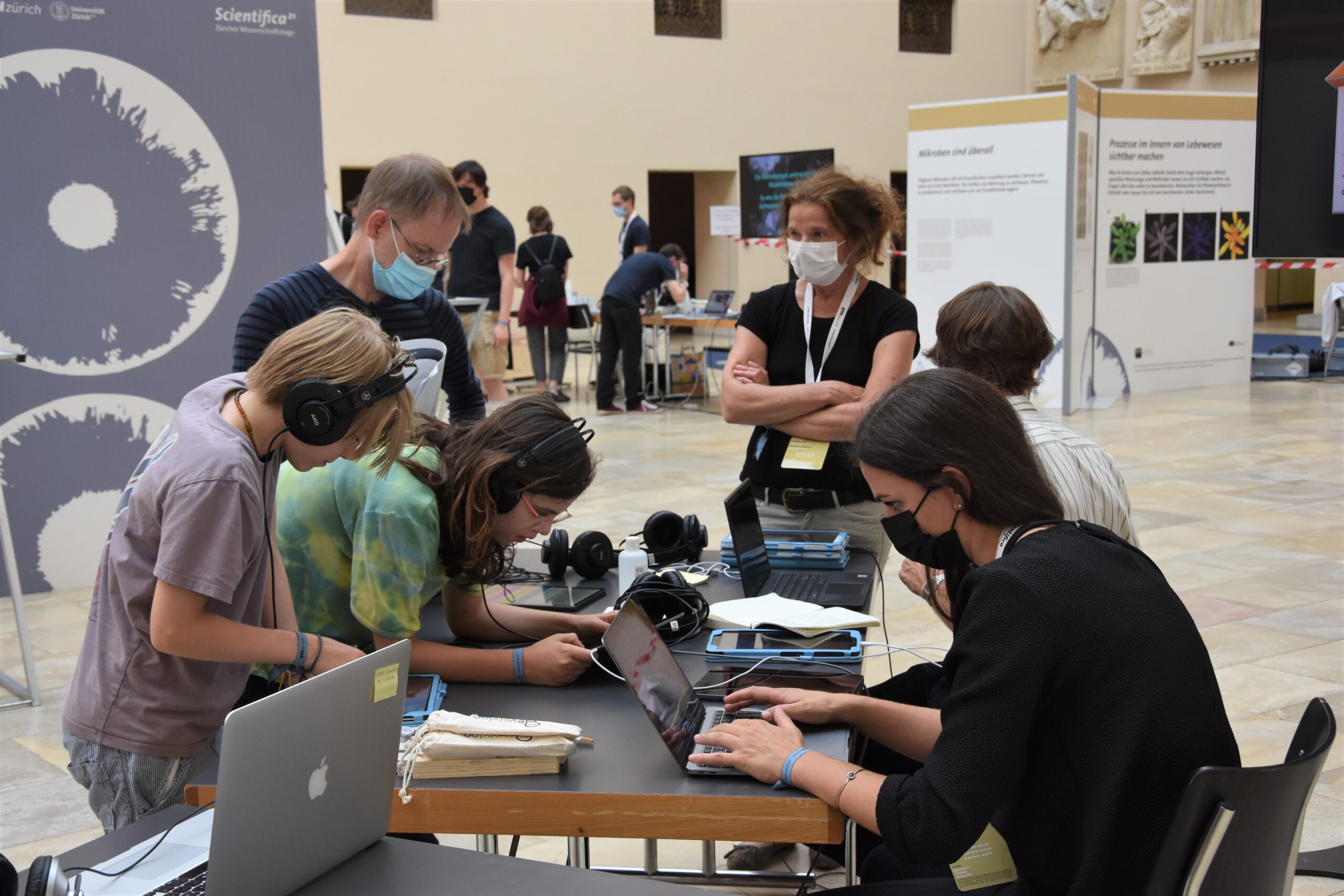
Rejoignez-nous à Scientifica 2023 – 2-3 septembre à Zürich
Rencontrez des chercheuses et chercheurs du PRN Evolving Language à Scientifica, le plus grand festival de science en Suisse, les 2 et 3 septembre ! A travers des activités sur notre stand et une table ronde, vous pourrez en apprendre plus à propos des origines, du présent et des perspectives fascinantes du language.
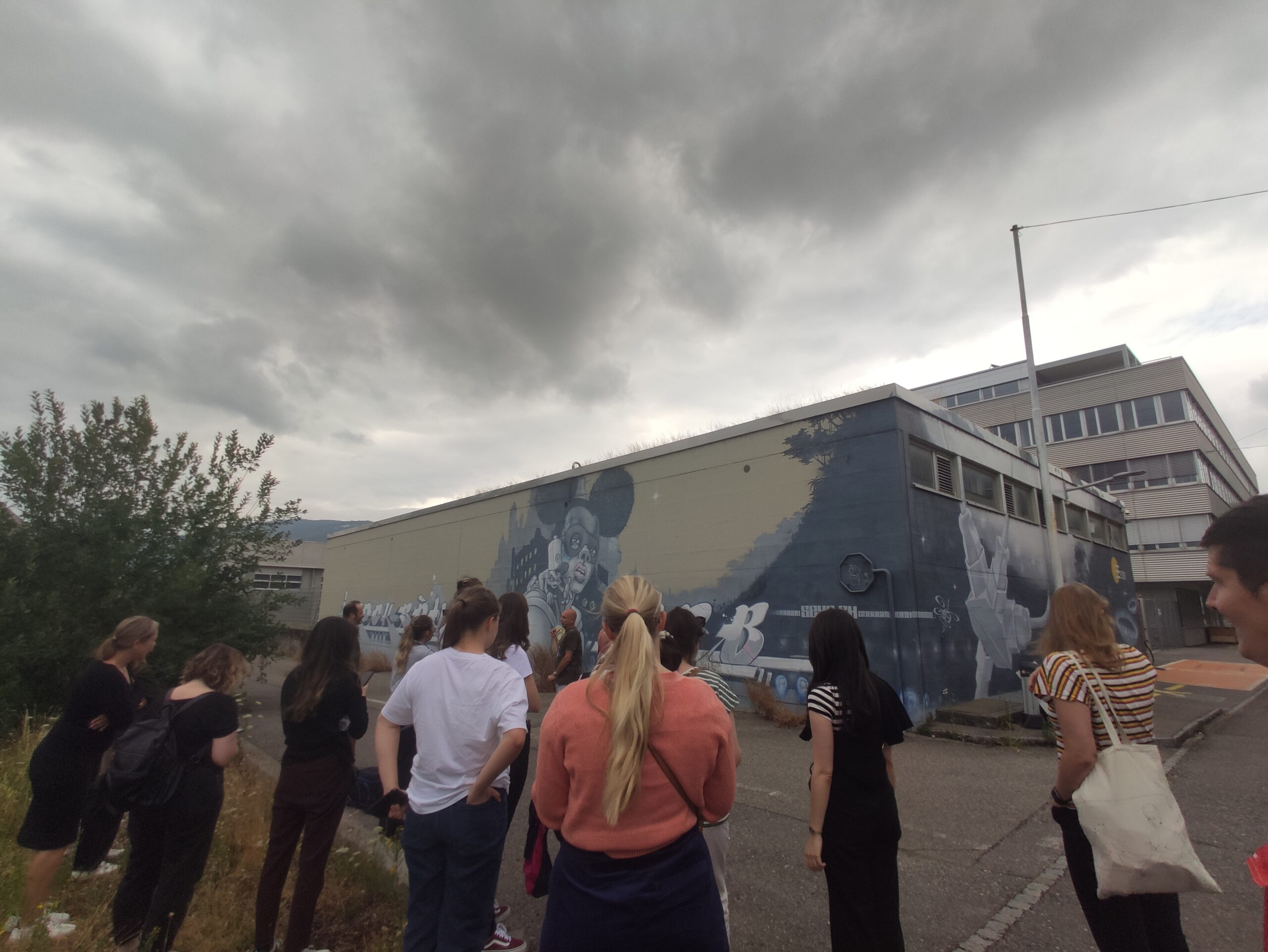
Découverte d’une autre forme d’expression de soi : l’art urbain à Bienne
Le 30 juin, les chercheuses et chercheurs du PRN Evolving Language ont eu la chance d’explorer la ville de Bienne à travers un prisme singulier : ses tags. En effet, la ville est célèbre pour ses nombreuses peintures sur les murs des bâtiments.
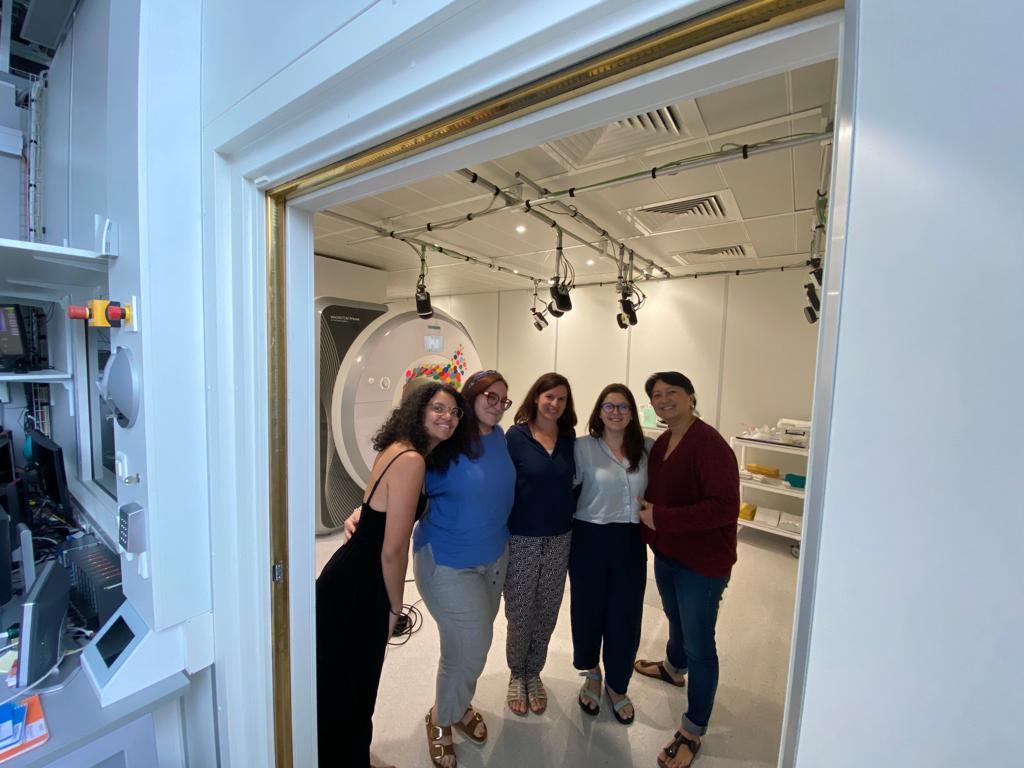
Un ensemble de données pour explorer les raisons derrière la capacité à apprendre des langues.
Le Work Package Aptitudes, un projet du PRN Evolving Language, vient juste de terminer la collecte de leur banque de données. L’équipe a de nombreux projets en tête pour les données d’une grande diversité, incluant des participants monolingues et multilingues, dont des personnes diagnostiquées dyslexiques – à commencer par une vaste analyse exploratoire des données comportementales et cérébrales collectées.
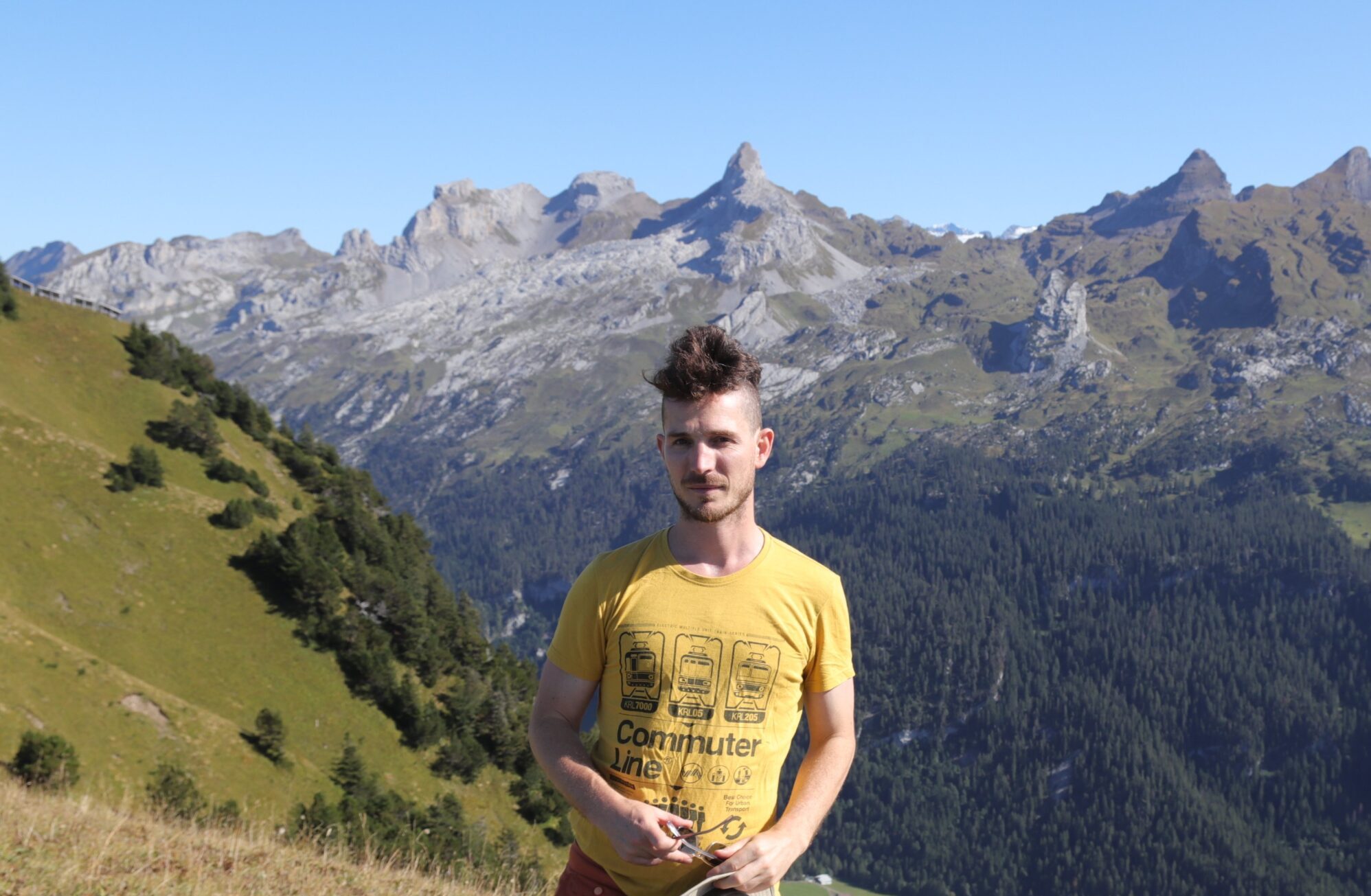
Bienvenue à John Mansfield dans notre NCCR !
À partir du 1er août, le linguiste John Mansfield rejoindra l’Université de Zurich et le PRN Evolving Language comme professeur. Pendant ces 9 années de carrière à l’Université de Melbourne, il s’est spécialisé dans les langues aborigènes du nord de l’Australie.
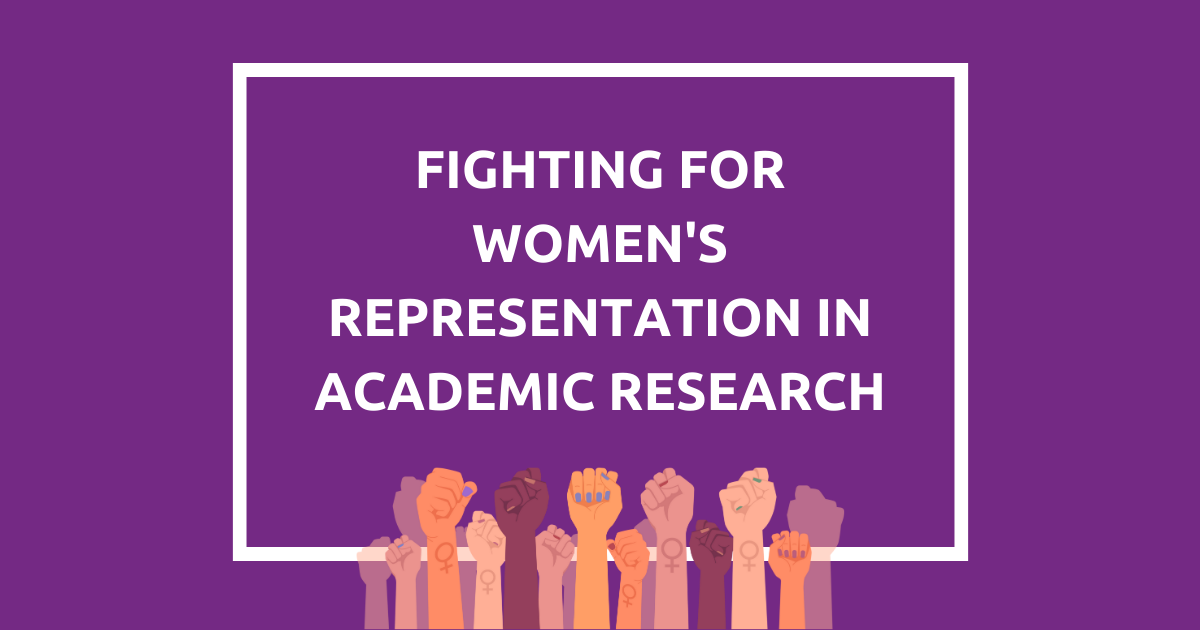
Grève des femmes : lutter pour les femmes dans la recherche académique
En recherche académique, les statistiques montrent que les femmes sont sous-représentées. Le 14 juin, nous soutenons les femmes dans leur combat pour l’égalité, parmi lesquelles nos chercheuses futures, juniors et seniors.
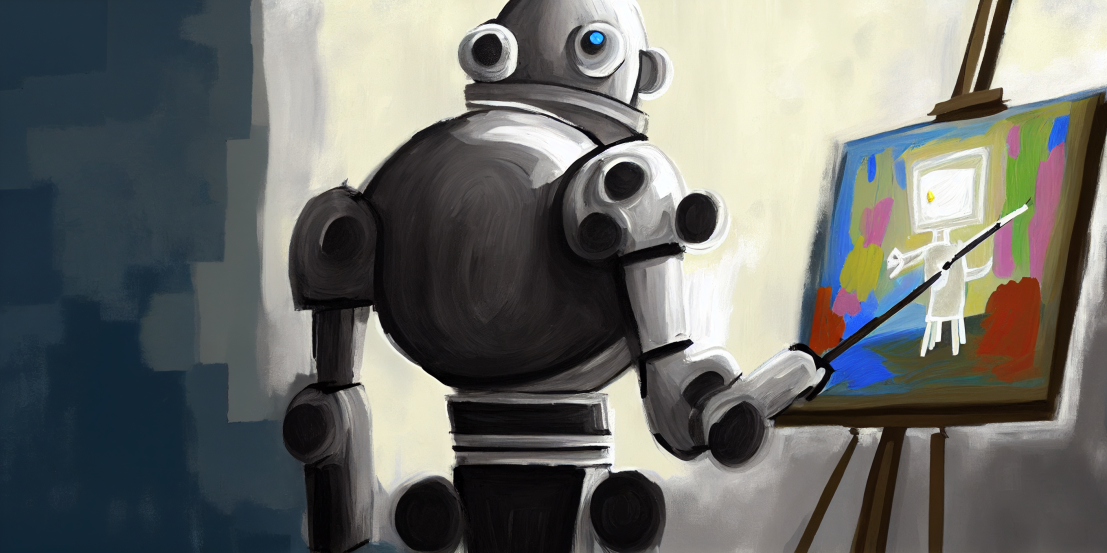
Une intelligence artificielle peut-elle illustrer le travail des chercheurs du PRN ?
Une image vaut mille mots… même si elle est générée par une intelligence artificielle (IA) ? C’est ce que les chercheuses et chercheurs du Pôle de Recherche National (PRN) Evolving Language ont testé avec le projet “My work pictured by AI”. Les résultats sont disponibles !
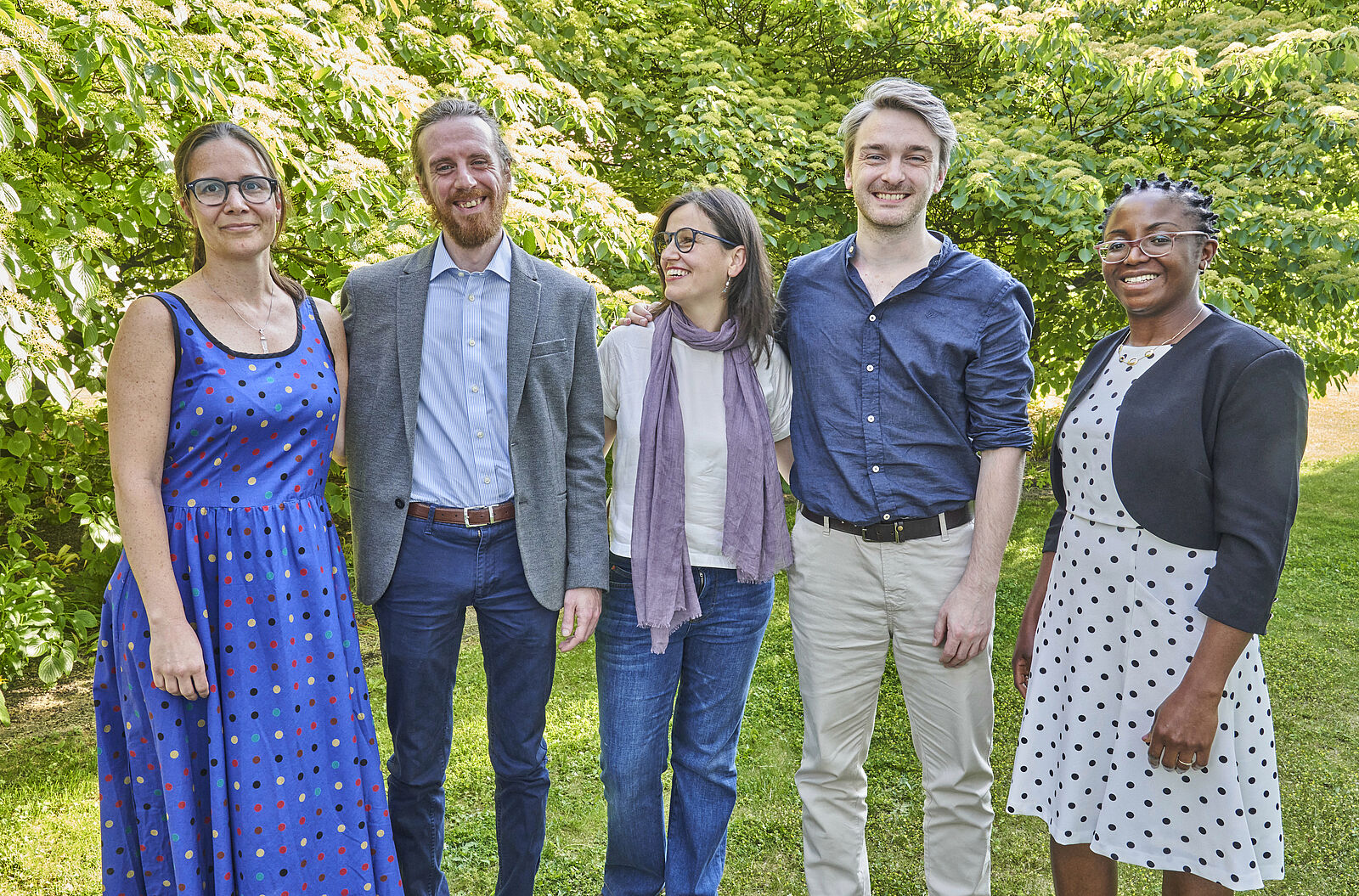
L’ASSH décerne le Prix argent de la Relève 2023 à des chercheurs et chercheuses du NCCR Evolving Language !
Le prix d’argent a été décerné aux membres du NCCR Stuart Watson (psychologue et neuroscientifique à l’Université de Zürich) et Piera Filippi (philosophe à l’Université de Zürich), ainsi que Luca Gasparri (philosophe à l’Université de Lille). Leur travail sur l’evolution de l’arbitraire dans le langage a convaincu le jury, grâce à son approche interdisciplinaire et son grand potentiel d’application.
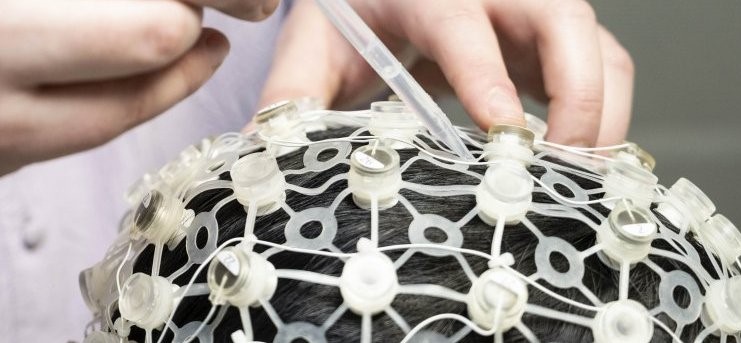
Un nouvel Institut destiné à mieux détecter et prendre en charge les troubles de l’audition et de la parole
Le 16 mai, la création de l’Institut Hospitalo-Universitaire (IHU) re-Connect à Paris, soutenu par l’Institut de l’Audition et dirigé par le Professeur Anne-Lise Giraud, a été annoncée. Cet institut, destiné à mieux détecter et traiter les troubles de l’audition et de la parole, est le premier centre à réunir tous les acteurs de la santé auditive.
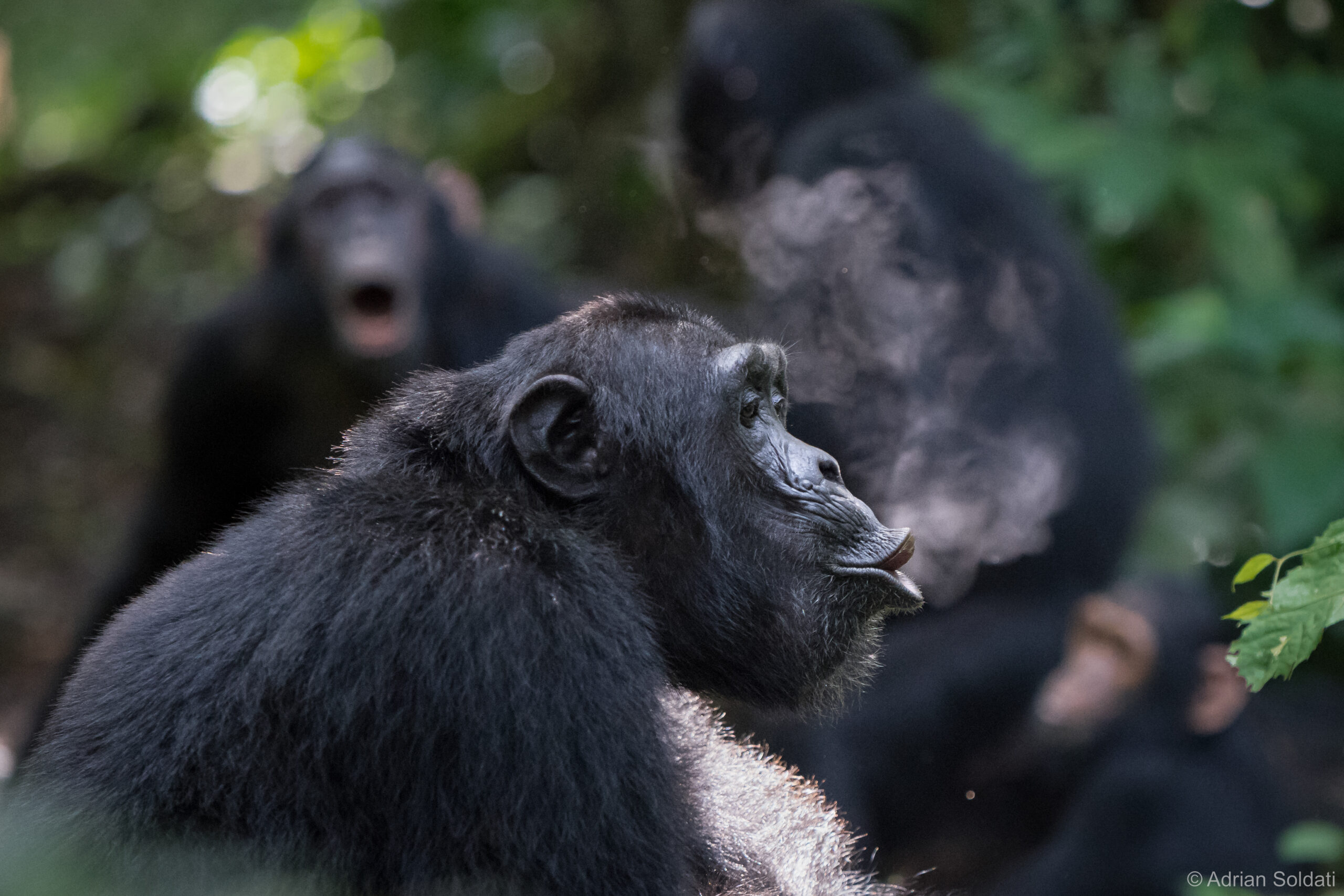
Les chimpanzés combinent les vocalisations pour communiquer des nouveaux sens
De manière similaire aux humains, les chimpanzés combinent des vocalisations en structures communicatives porteuses de sens. Des chercheurs du NCCR Evolving Language et leurs collègues suggèrent que cette capacité pourrait être évolutivement plus ancienne qu’on ne le pense.
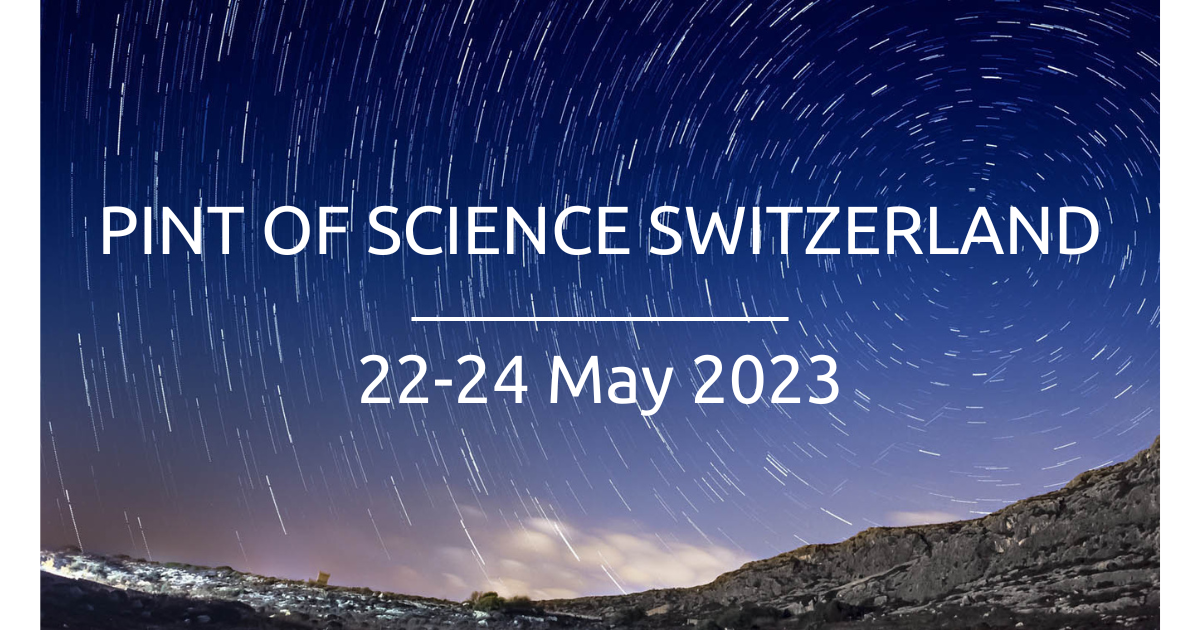
Grab a drink and learn about language at the Pint of Science 2023
The Pint of Science global science festival is back in multiple locations in Switzerland, from May 22nd to 24th 2023. A couple of our NCCR Evolving Language collaborators are participating in Geneva, St. Gallen, Lugano and Sion.
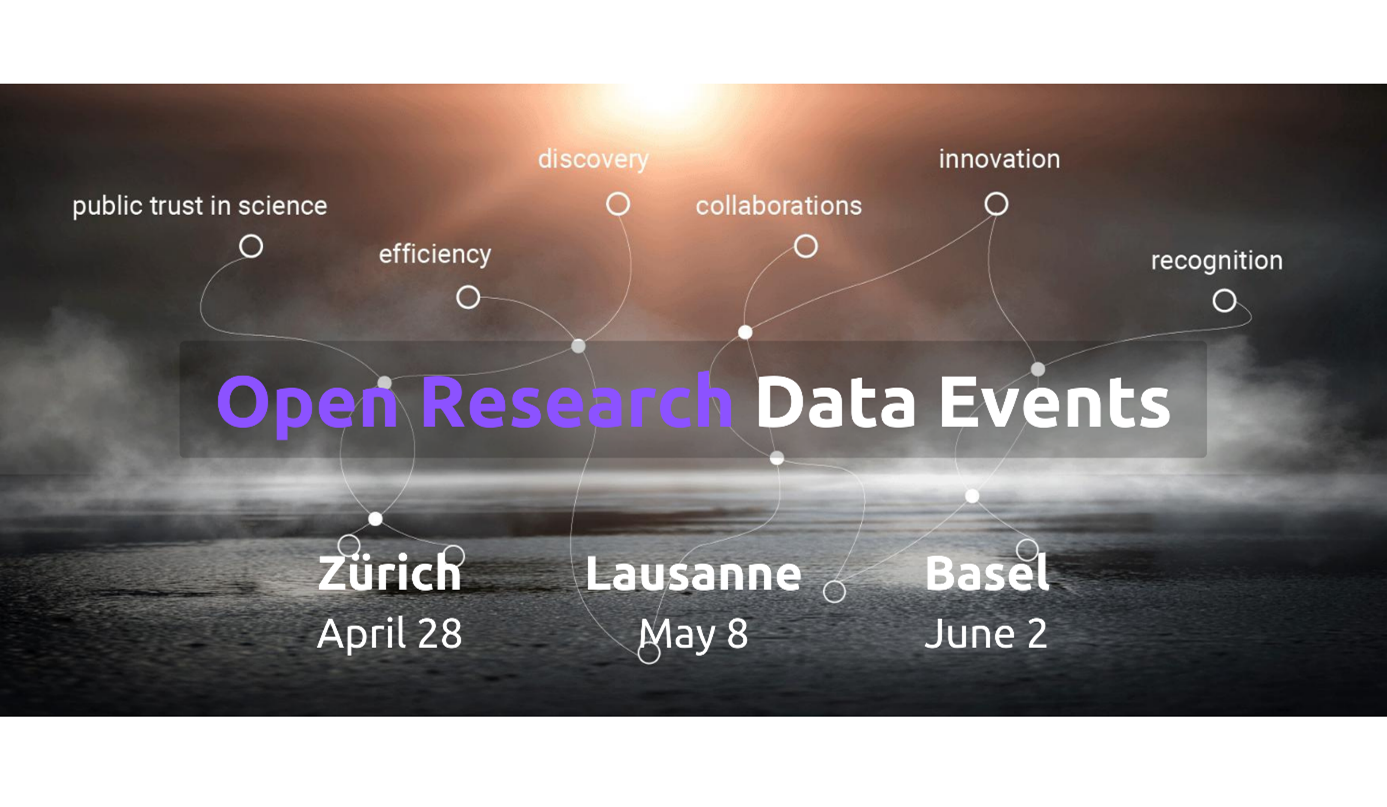
Des évenements sur les Open Research Data arrivent !
D’avril à juin, plusieurs évènements sur les Open Research Data (ORD) sont co-organisés par les NCCR. Avec des conférences d’experts et des workshops, les participants pourront découvrir les différents stades du cycle de vie des données. L’évènement vise principalement les étudiant.e.s et les chercheur.se.s, mais tout le monde peut s’inscrire !

Une retraite d’écriture réussie à Puidoux pour nos membres NCCR !
Du 27 au 30 mars 2023, 8 doctorants et post-doctorants ont participé à la retraite d’écriture du NCCR, avec l’aide du professeur Hervé Bourlard, de l’idiap. Une retraite utile et réussie pour les participants !

Funding opportunity: Switzerland-UK Bilateral Call 2023
Innosuisse in partnership with Innovate UK are announcing a bilateral call for joint R&D project outlines, accessible to all scientific disciplines. If you have an innovative idea or applied research that could fit in, don’t hesitate to apply!

Un modèle informatique inspiré du cerveau qui comprend la parole comme les humains
La compréhension de la parole est un véritable défi, tant pour les humains que pour les machines. Une équipe de neuroscientifiques du PNR “Evolving Language” a développé un modèle informatique basé sur le cerveau humain pour deviner avec précision le sens de phrases ambiguës. Cela pourrait être utile dans le domaine des neurosciences et dans celui de l’intelligence artificielle.
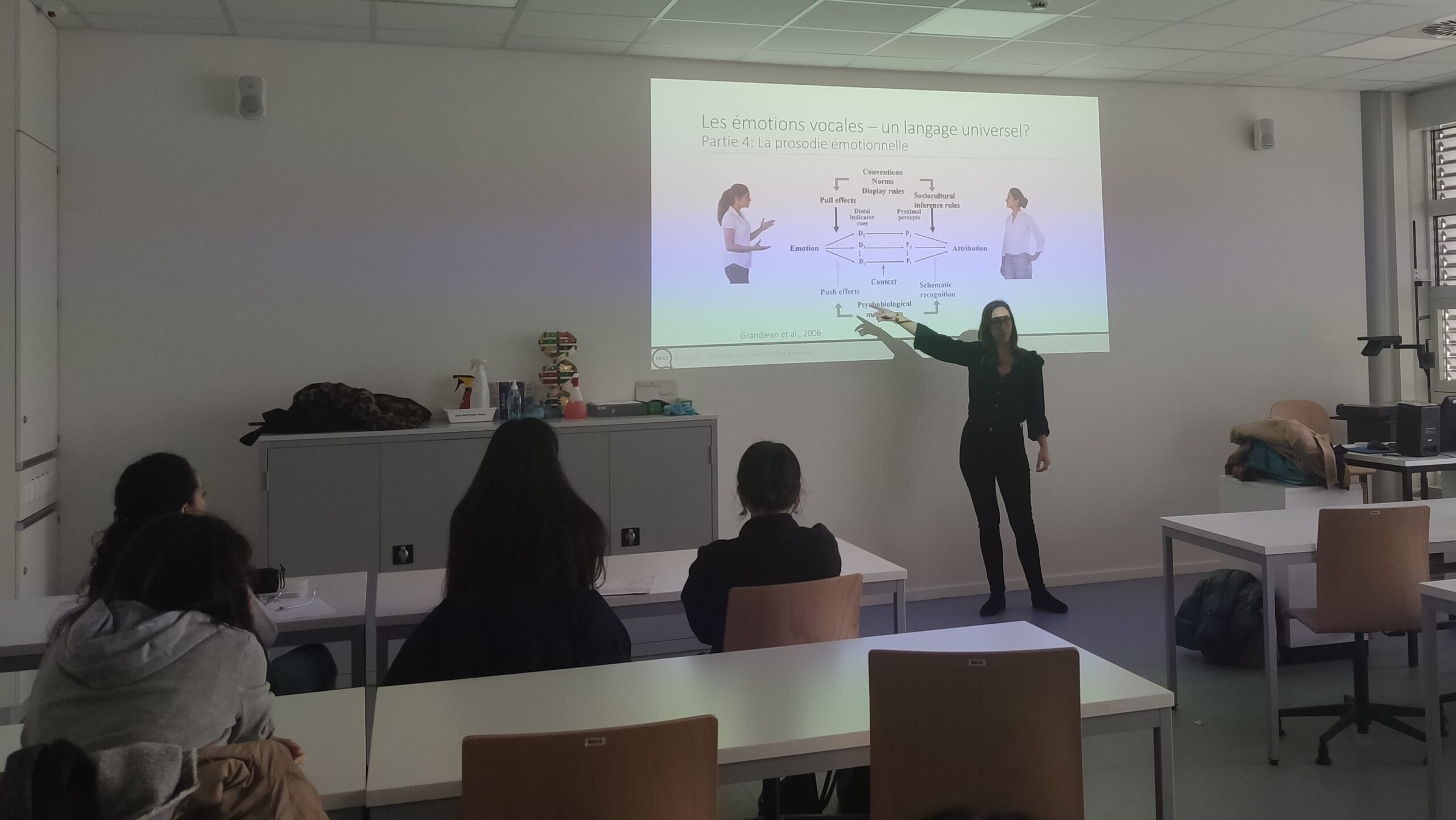
Mettre en valeur les femmes qui font de la recherche
Des chercheuses associées au PNR Evolving Language se sont invitées dans quelques classes genevoises à travers le projet “Une chercheuse dans ma classe” !
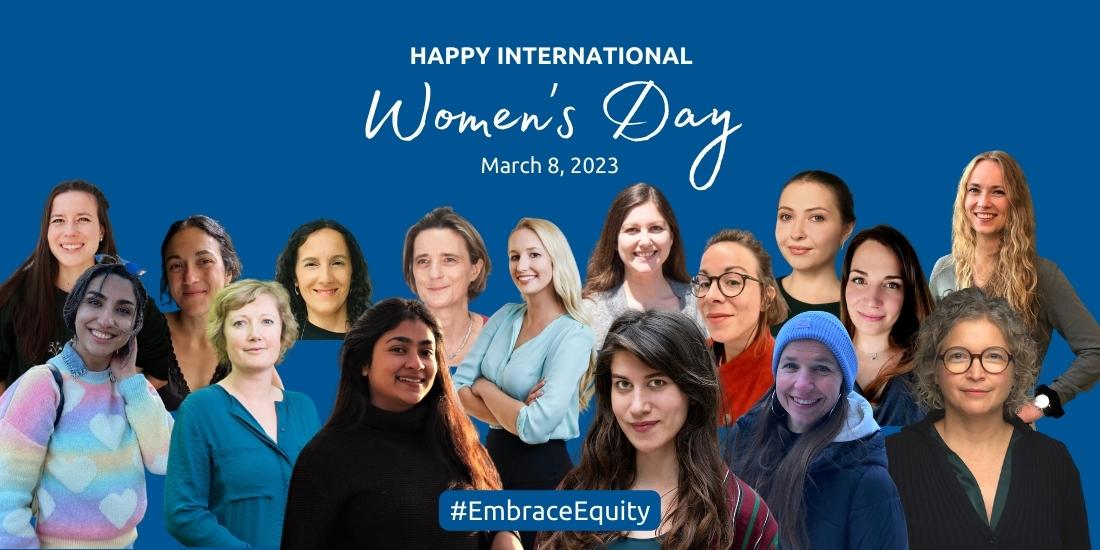
Nous célébrons la Journée Internationale de la Femme – 8 mars 2023
Le 8 mars est la journée internationale de la femme, un jour pour célébrer mondialement les exploits sociaux, économiques, culturels et politiques des femmes. C’est aussi un jour qui appelle à l’action pour parvenir le plus rapidement possible à l’égalité des genres.
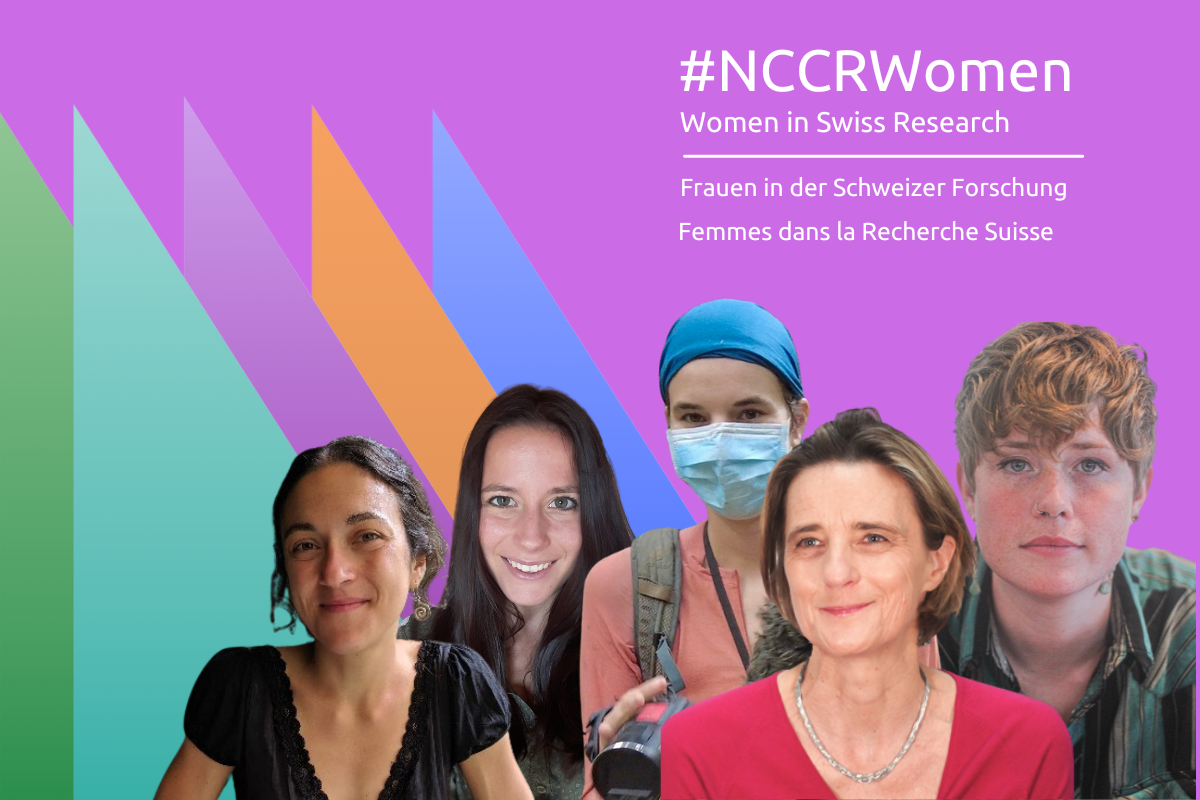
Venez à la rencontre de quelques-unes des femmes du PRN!
Embarque pour un voyage fascinant à travers l’évolution du langage ! Cinq de nos #NCCRWomen te présentent leurs recherches et leur expérience personnelle dans le domaine scientifique.
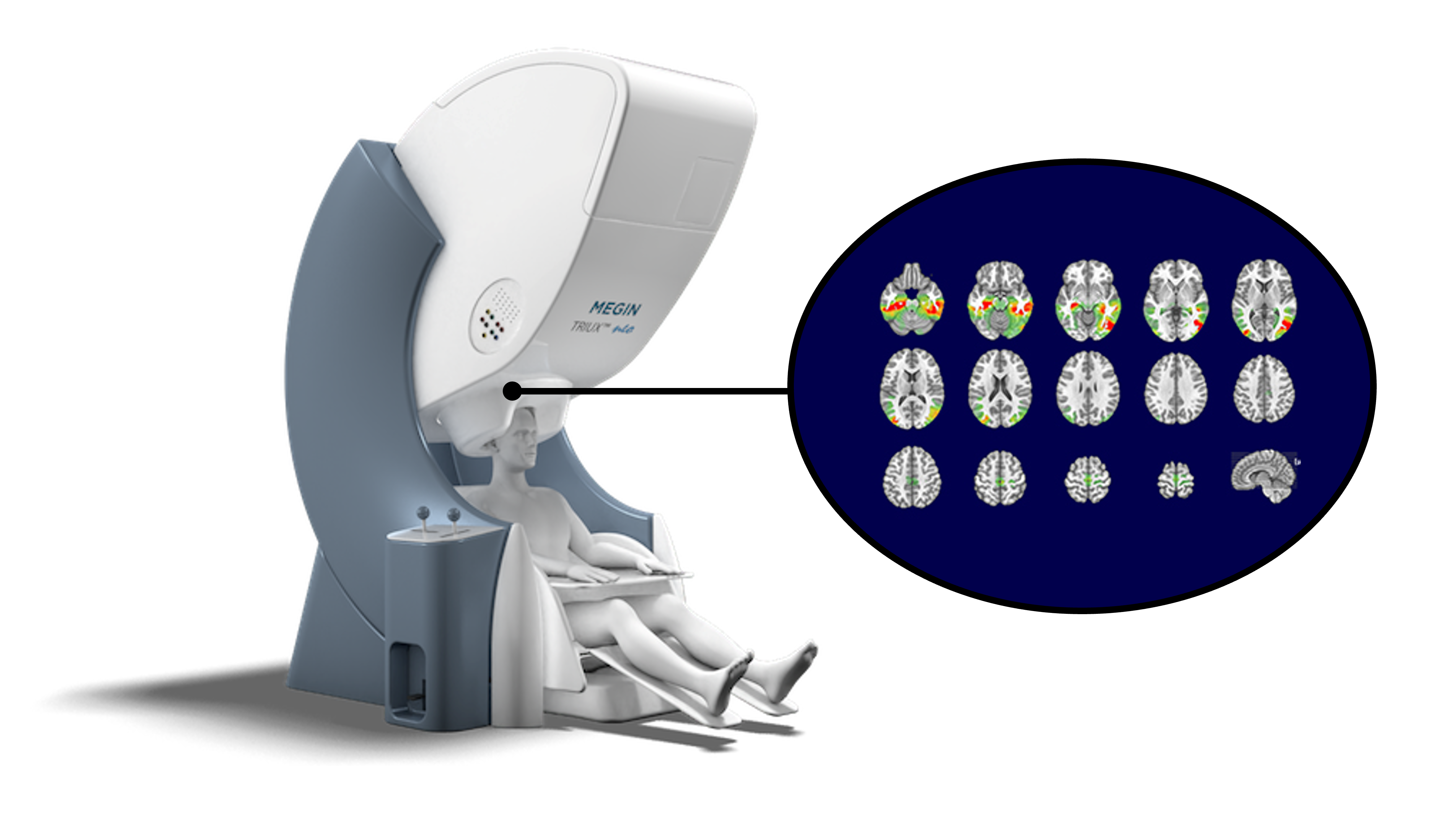
Genève au coeur du cerveau humain
C’est une première en Suisse: la plateforme de Neurosciences Humaines (HNP), accueille désormais une unité de magnétoencéphalographie (MEG), scanner de dernière génération permettant d’analyser l’activité cérébrale de manière non-invasive. Cette acquisition est la promesse de nouvelles percées dans la compréhension et le traitement de troubles cérébraux tels qu’alzheimer, l’épilepsie ou l’aphasie.
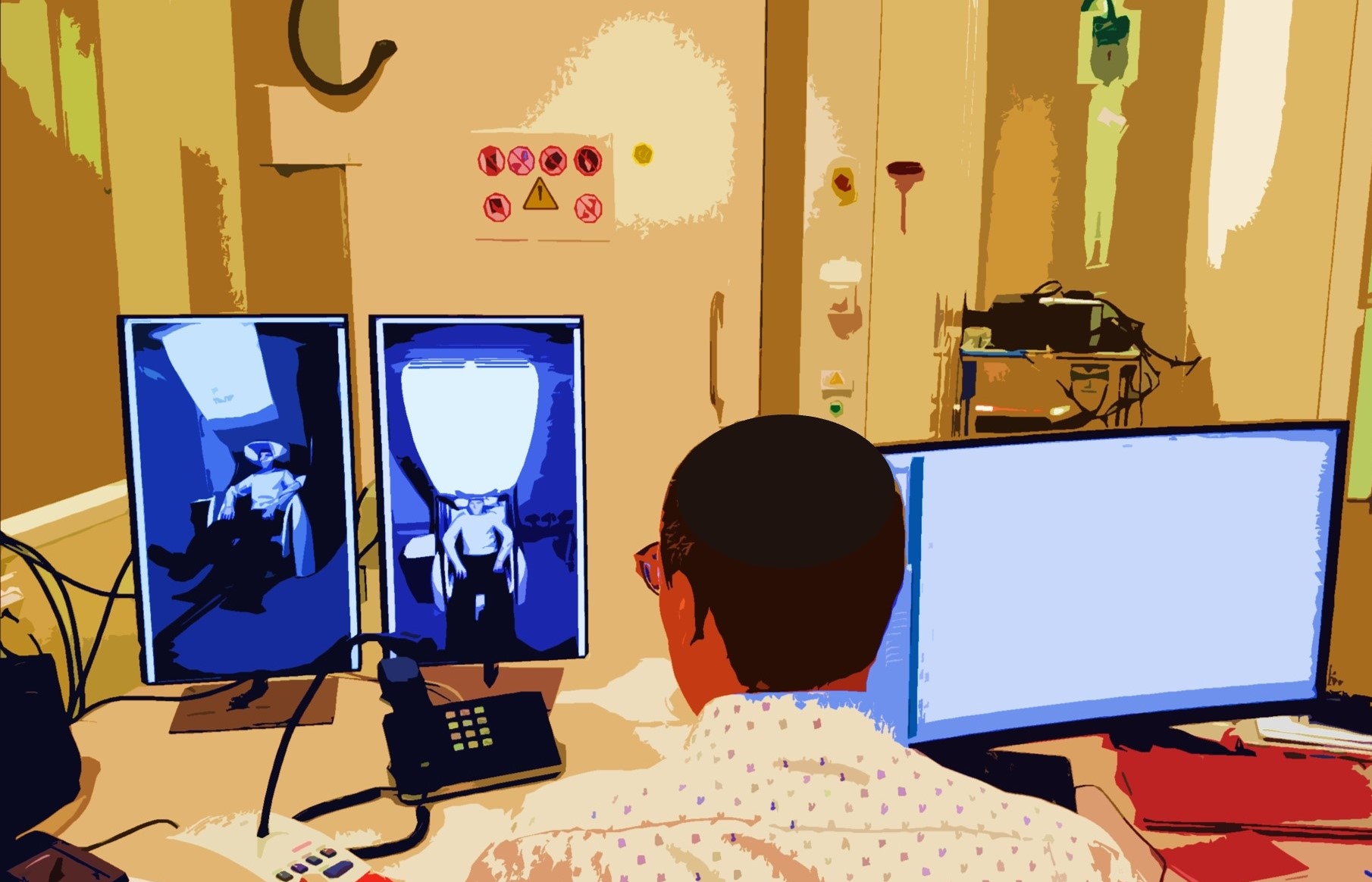
La 1ère MEG de Suisse est arrivée à Genève
C’est une première en Suisse : le Campus Biotech accueille désormais une unité de magnétoencéphalographie (MEG) ! La MEG sera d’une grande aide pour comprendre le langage et espérer trouver des traitements aux troubles qui l’entourent, comme la dyslexie ou l’aphasie (une pathologie qui affecte la capacité à s’exprimer et qui peut être acquise suite à un accident vasculaire cérébral par exemple). Raison pour laquelle, le nccr_language est partenaire de cet achat.

L’éducation est un droit humain et un devoir public
Le 24 janvier est la journée internationale de l’éducation de l’Unesco. Comme le souligne à juste titre l’Organisation des Nations Unies pour l’éducation, la science et la culture (UNESCO), l’éducation est un droit humain, un bien public et une responsabilité publique. Le PRN Evolving Language soutient fortement ces valeurs clés par le biais de divers programmes d’éducation et d’égalité des chances.
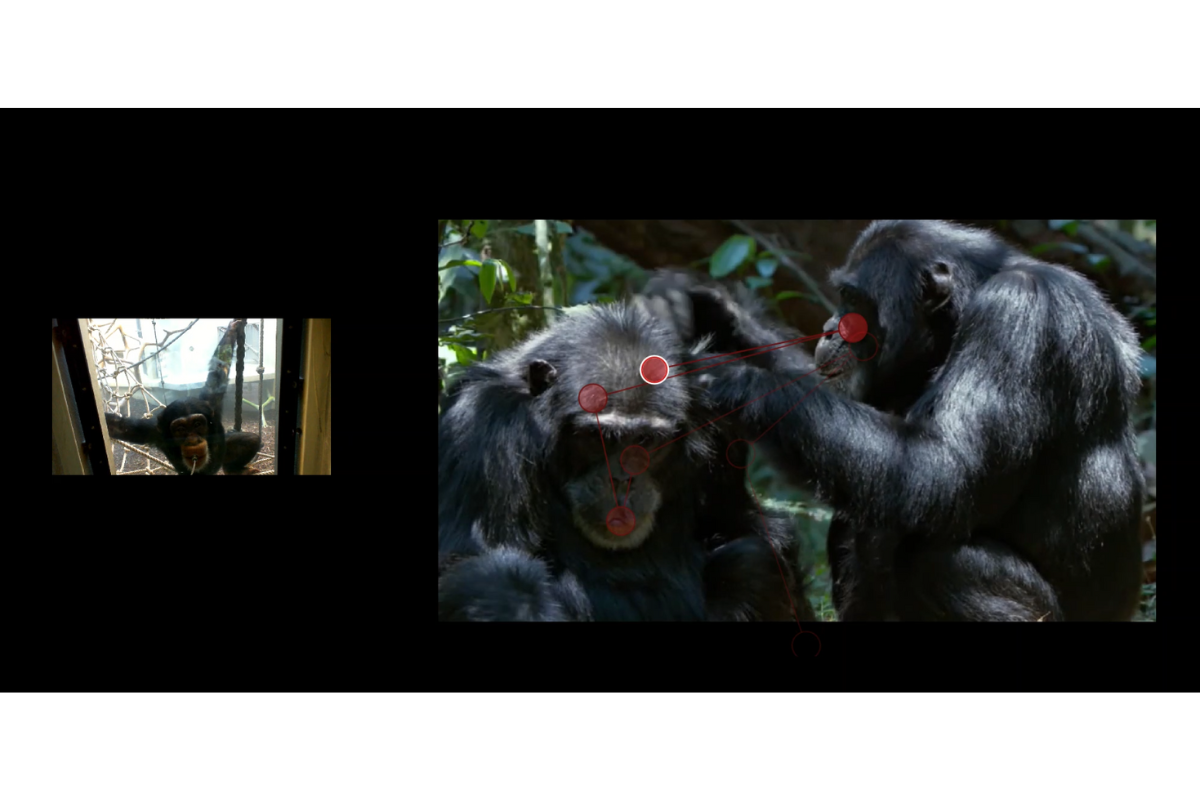
Les origines du langage humain au Zoo de Bâle
En observant des gorilles, des chimpanzés et des orangs-outans au Zoo de Bâle, des chercheurs de l’Université de Neuchâtel tentent de remonter aux origines du langage humain.
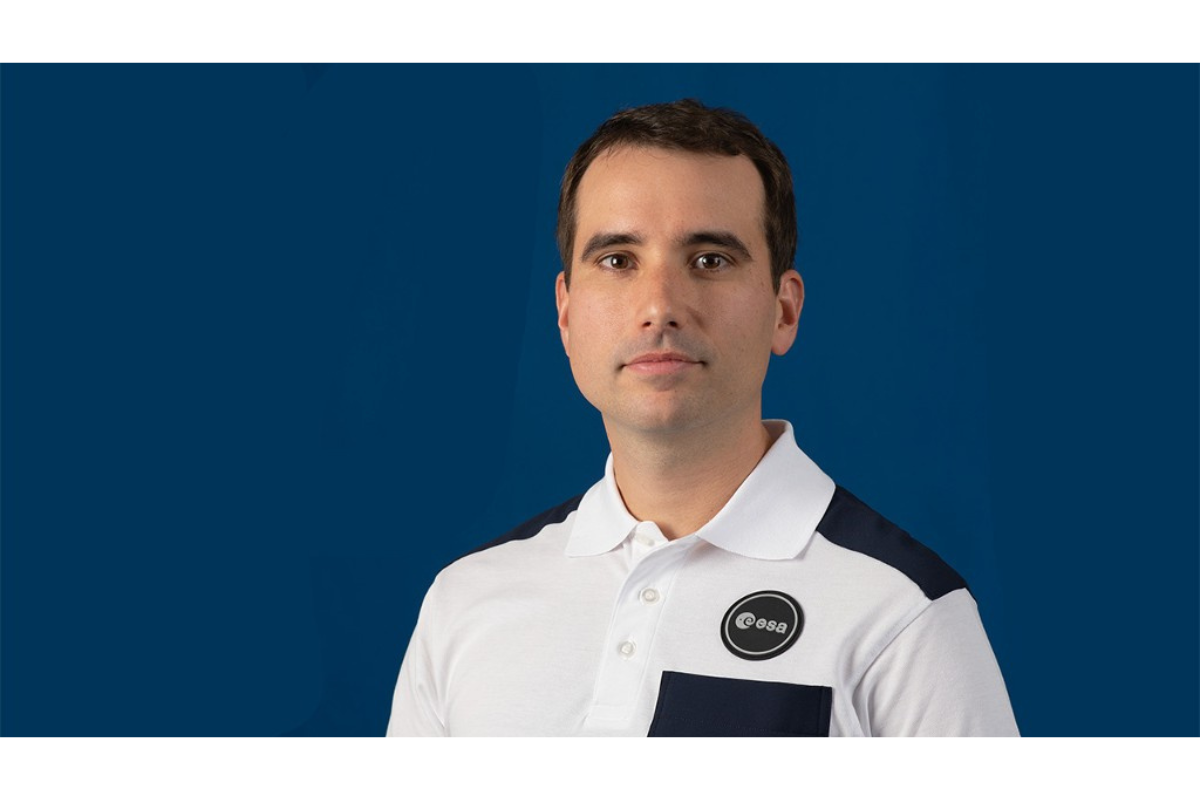
Un chercheur du PRN rejoint la promotion 2022 d’astronautes européens
Maître-assistant à l’Université de Genève, Raphaël Liégeois a été sélectionné par l’Agence spatiale européenne pour devenir astronaute.
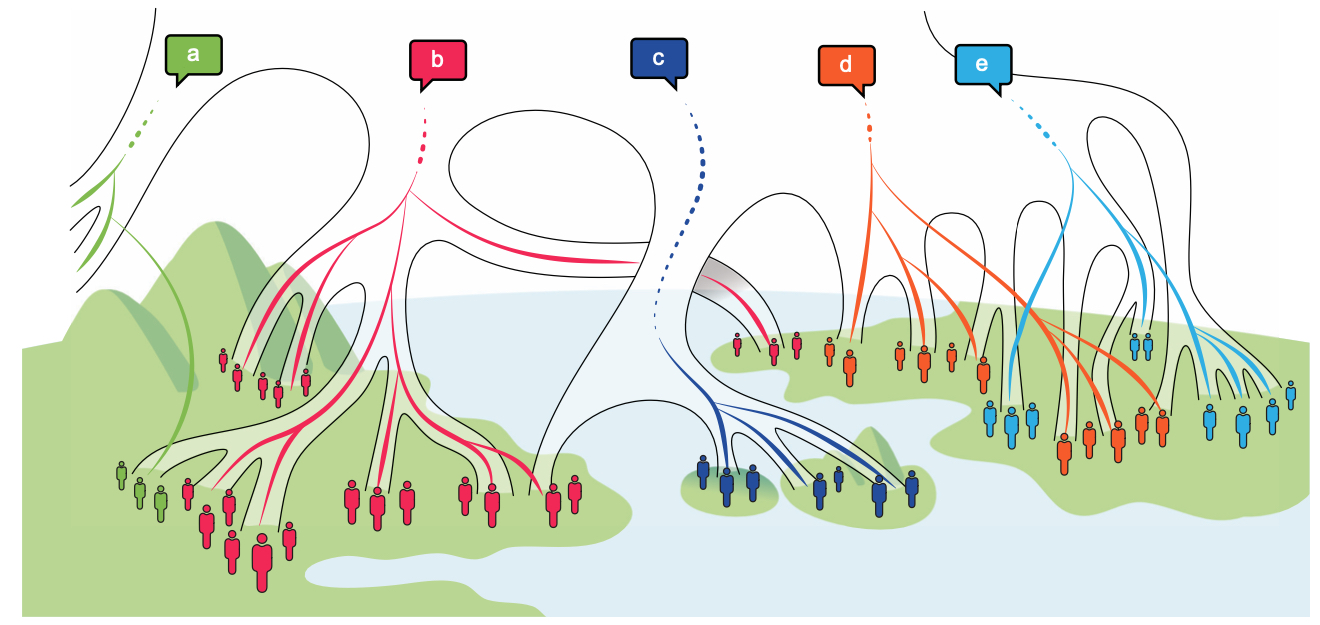
Gènes et language ne vont pas toujours de pair
L’histoire de nos langues correspond-elle à l’histoire de nos gènes ? Une équipe de scientifiques a mis en évidence de nombreuses similitudes dans l’évolution linguistique et génétique, mais également des divergences (environ 20 % des cas dans le monde entier), notamment à Malte, en Hongrie et en Namibie.
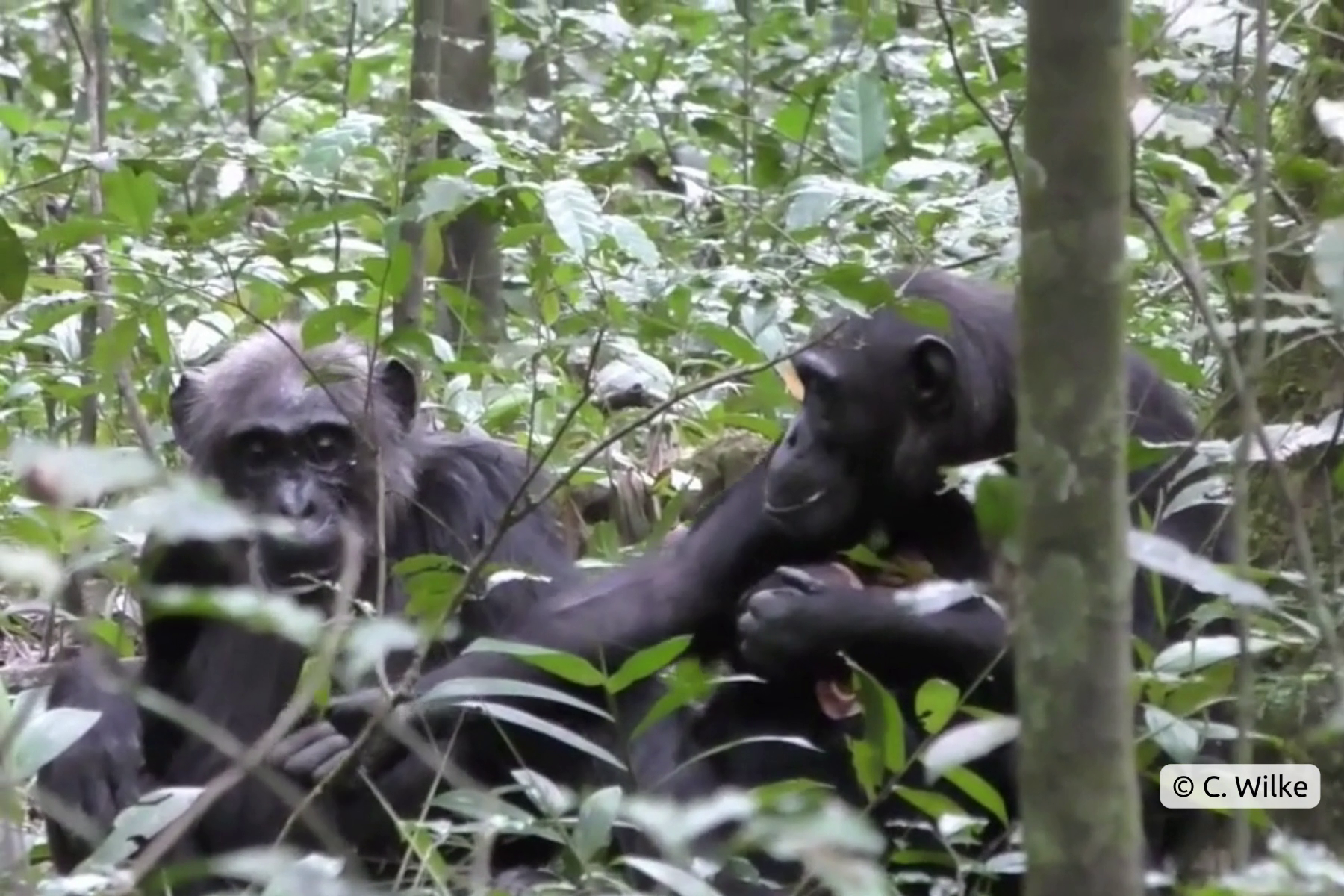
Maman, maman, regarde la feuille! Les chimpanzés aussi produisent des gestes pour attirer l’attention
Des chercheurs ont filmé une femelle chimpanzé montrant une feuille à sa mère. Si le geste nous semble bien innocent – et même plutôt banal chez les humains-, c’est un fait rarement observé chez les grands singes.

“Le langage, ça sert à quoi?”: la réponse sur Instagram
Le Pôle de Recherche National (PRN) Evolving Language lance son compte Instagram. Au programme : transmission de savoir et échanges entre les scientifiques et leur public grâce à la vidéo, aux mèmes et aux quiz en format story.
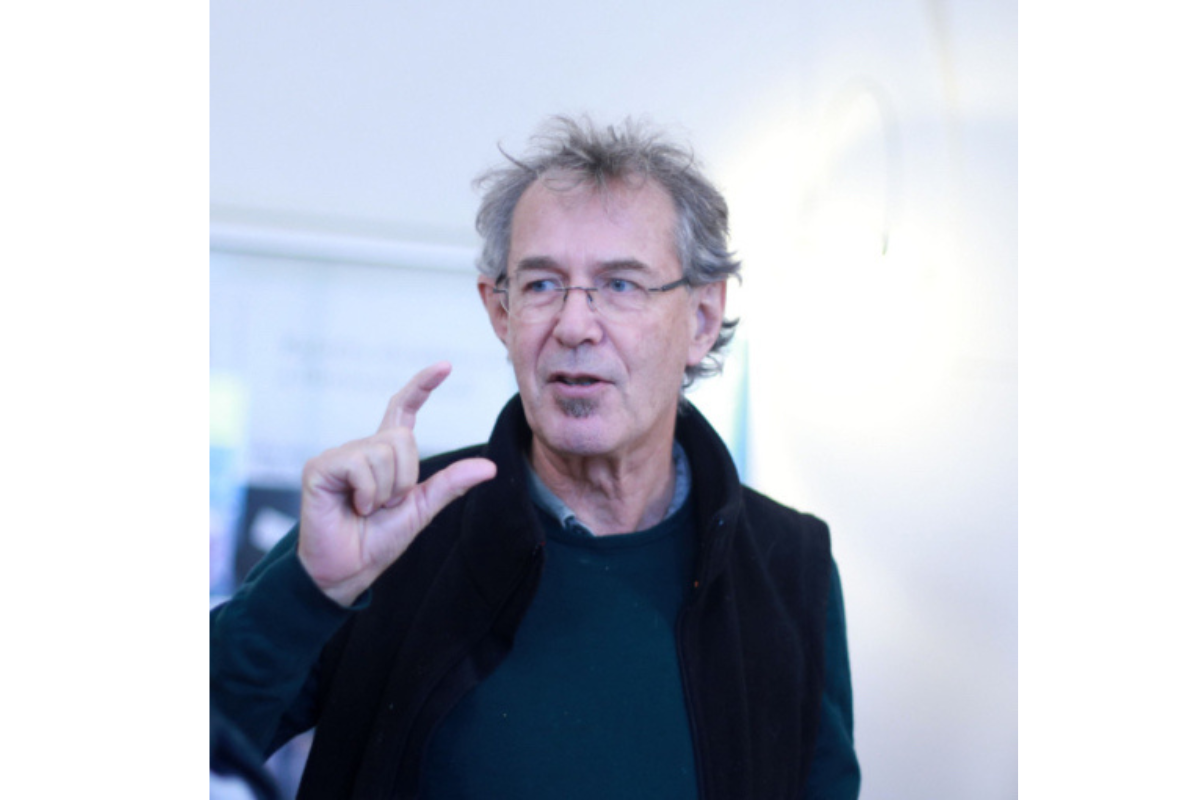
Le PRN rencontre Nick Evans
Nous avons l’honneur d’accueillir Nicholas Evans, éminent professeur de linguistique à l’Australian National University, en tant qu’invité dans notre département. Il donnera une conférence sur les approches typologiques de la question de la parenté linguistique entre les langues du détroit de Torres.

Offre d’emploi : Professeur titulaire ou associé en neuroscience du langage
La Faculté de médecine de l’Université de Genève offre un poste de professeur titulaire ou associé en neurosciences de l’audition, de la parole et du langage.
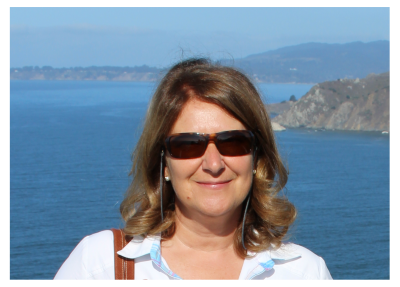
SNSF Advanced grant for our PI Paola Merlo
Paola Merlo has recently been awarded an SNSF Advanced grant, Disentangling Linguistic Intelligence: automatic generalisation of structure and meaning across languages.
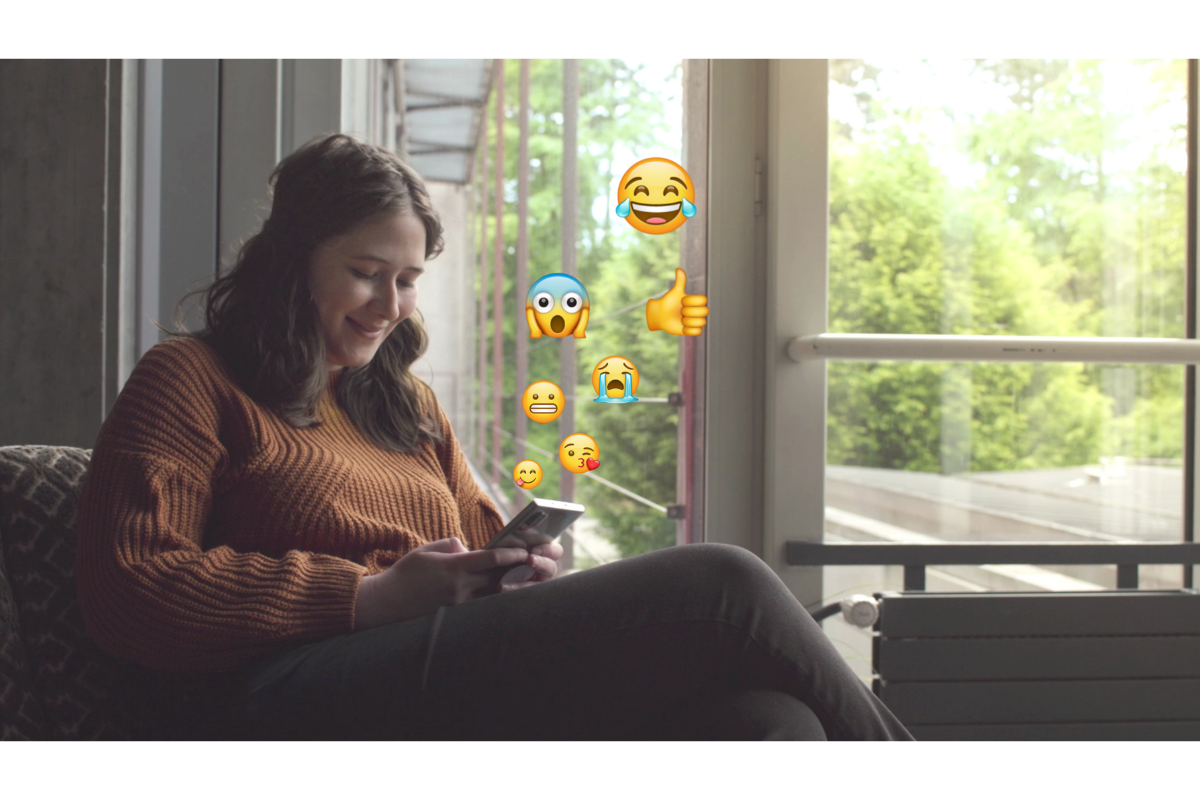
Donne des conversations Whatsapp!
Une équipe du PRN étudie la façon dont la population suisse partage ses émotions dans les messages instantanés. Et pour ce faire… ils ont besoin de vos donations de conversations WhatsApp dans n’importe laquelle des langues nationales ou en anglais!
L’appel est ouvert jusqu’au 31 octobre 2022. Comment participer? Comment la protection de votre vie privée est-elle traitée dans ce projet? Comment gagner une des cartes-cadeau mises en jeu chaque semaine?
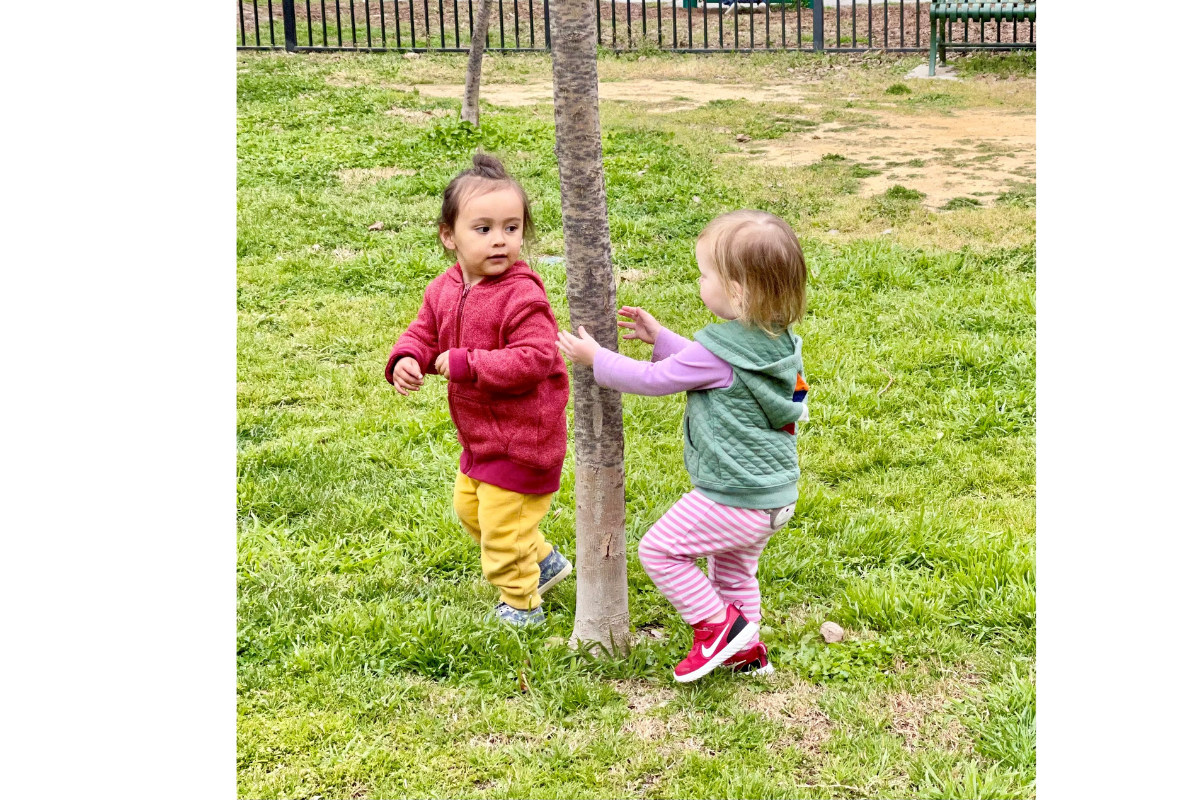
Nos interactions sociales apparaissent dès le plus jeune âge
Les enfants manifestent très tôt des capacités sociales et une forte volonté d’interaction avec leur pairs. Leurs engagements sociaux sont plus fréquents que ceux que l’on peut observer chez nos plus proches parents, les grands singes, souligne une étude dirigée par des chercheurs de l’Université de Californie (San Diego) et de l’Université de Neuchâtel.
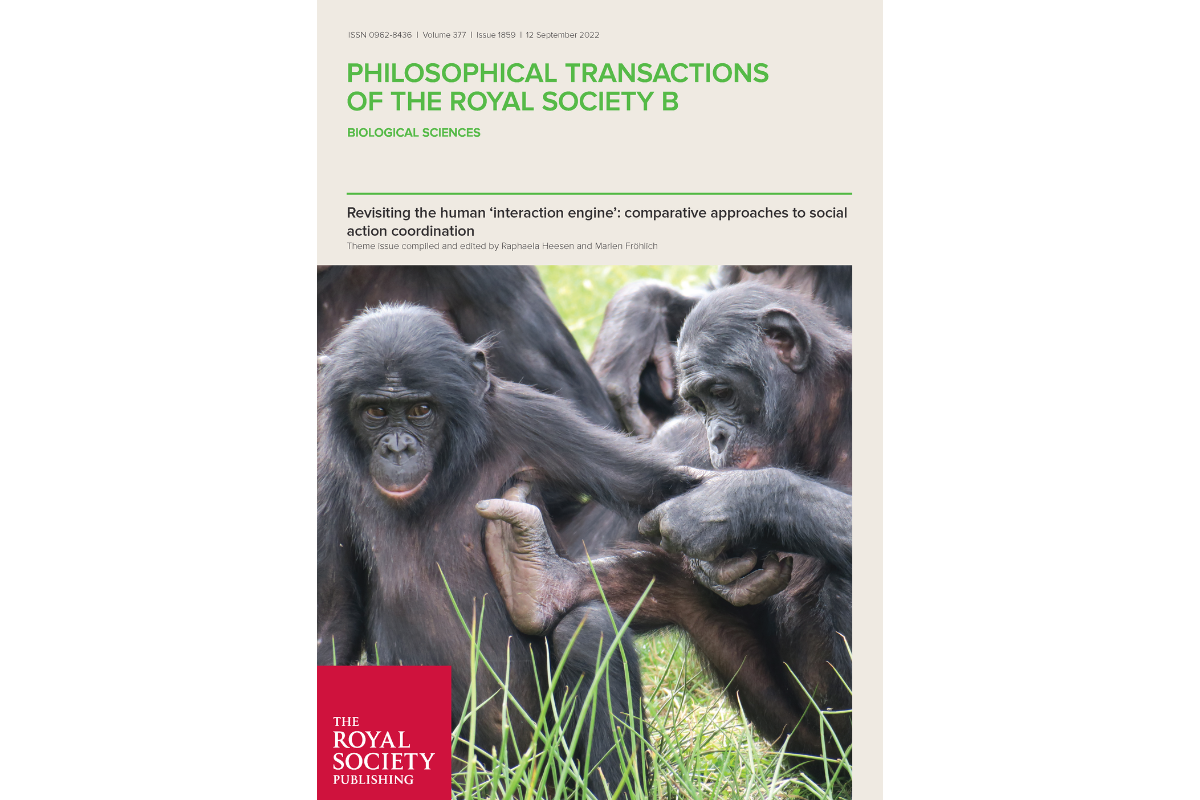
Edition spéciale sur l’interaction sociale
Sept membres du PRN ont contribué à un numéro spécial co-édité par Raphaela Heesen et Marlen Fröhlich, présentant des contributions empiriques et théoriques sur l’idée que le langage a probablement été facilité grâce à un ensemble de compétences spéciales pour l’interaction sociale.

Conférence commune sur l’évolution du langage
Une délégation du PRN prendra part à la conférence commune sur l’évolution du langage qui se déroulera à Kanazawa du 5 au 8 septembre 2022.

Un scanner de haute importance pour la Suisse
Notre co-directrice Anne-Lise Giraud explique pourquoi une magnétoencéphalographie (MEG) est indispensable à la recherche suisse en neurosciences humaines.

Nuit de la science, Genève, 9-10 juillet
Vous êtes-vous déjà demandé ce qui nous rend humains ? Alors rendez-nous visite à la Nuit de la Science 2022!
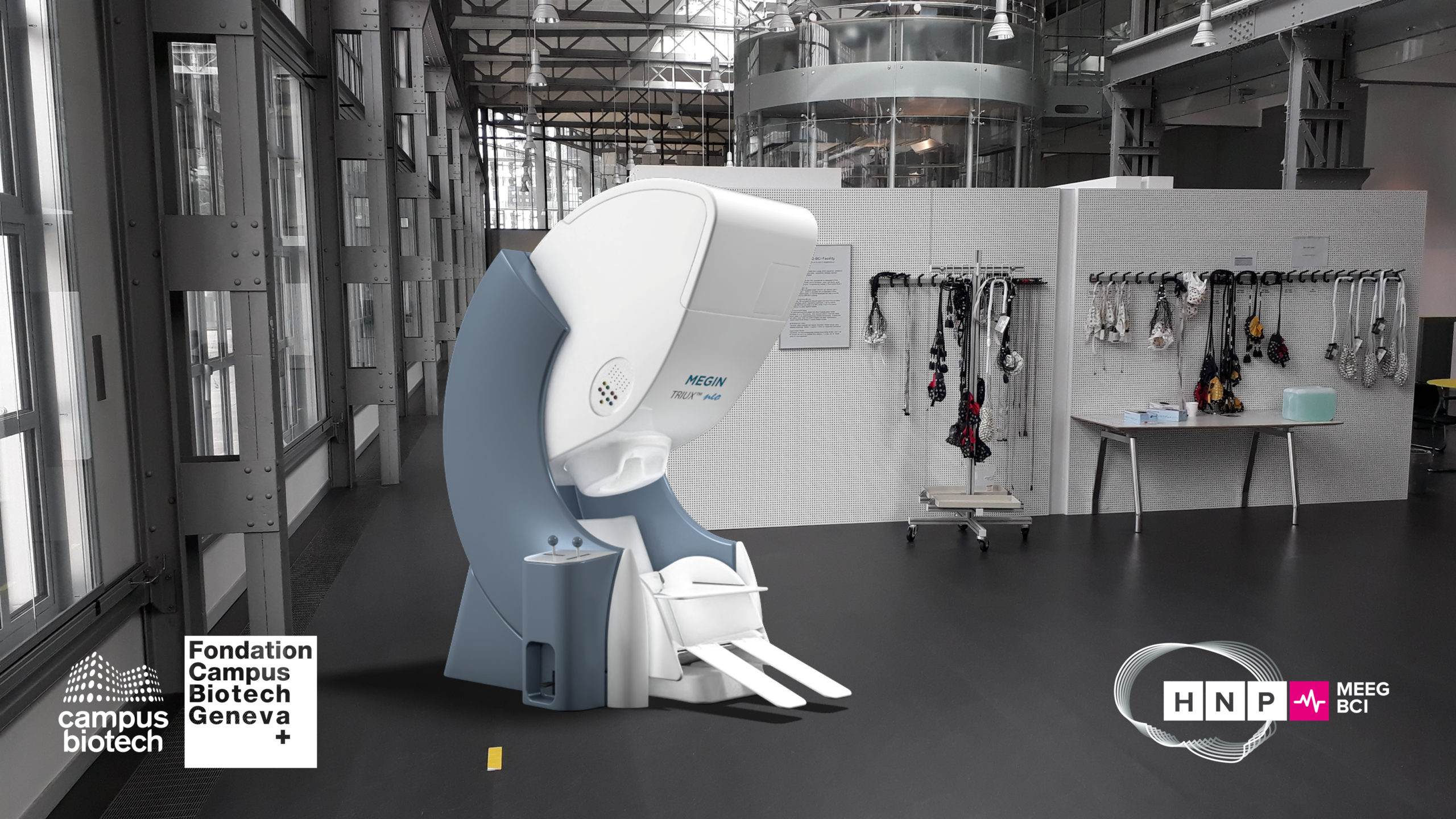
Qu’est-ce que le nouveau MEG va apporter au bâtiment ?
En prélude à l’arrivée à Campus Biotech du premier MEG en Suisse, la Plateforme Neurosciences Humaines nous livre quelques mots sur la manière dont le MEG va intégrer les plateformes existantes.
Qu’est-ce que la magnétoencéphalographie ?
Parler semble être un processus facile, qui fonctionne presque tout seul. Et pourtant, notre cerveau est très actif lorsque nous parlons. Mais comment fonctionne-t-il ? En 2022, une #magnétoencéphalographie MEGIN rejoindra la plateforme de neurosciences humaines du Campus Biotech. Et pour la première fois en Suisse, les chercheurs en MEG verront ce qui se passe dans le cerveau au moment même où cela se passe.
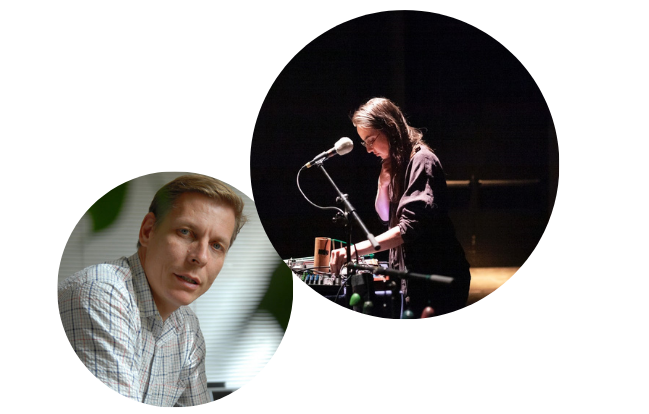
Projet art-science avec Julie Semoroz
Né d’une collaboration entre le Flux Laboratory et le Prof. Didier Grandjean du CISA – PRN Evolving Language, DOUZE MILLE VINGT se réfère à l’intéroception – la perception interne du son, champ scientifique largement méconnu – et agit sur la capacité à ressentir l’activité physiologique interne, à percevoir notamment la pulsation du sang dans les veines, le bruit des viscères, le souffle de la respiration, comme autant d’indicateurs des émotions, de l’état corporel.

Nous sommes solidaires
Certains de nos chercheurs ont des liens personnels avec l’Ukraine et nos pensées vous accompagnent. Comme beaucoup d’autres dans le monde, nous sommes unis contre l’agression et la violence, et en faveur de la paix, du respect et de notre humanité commune.
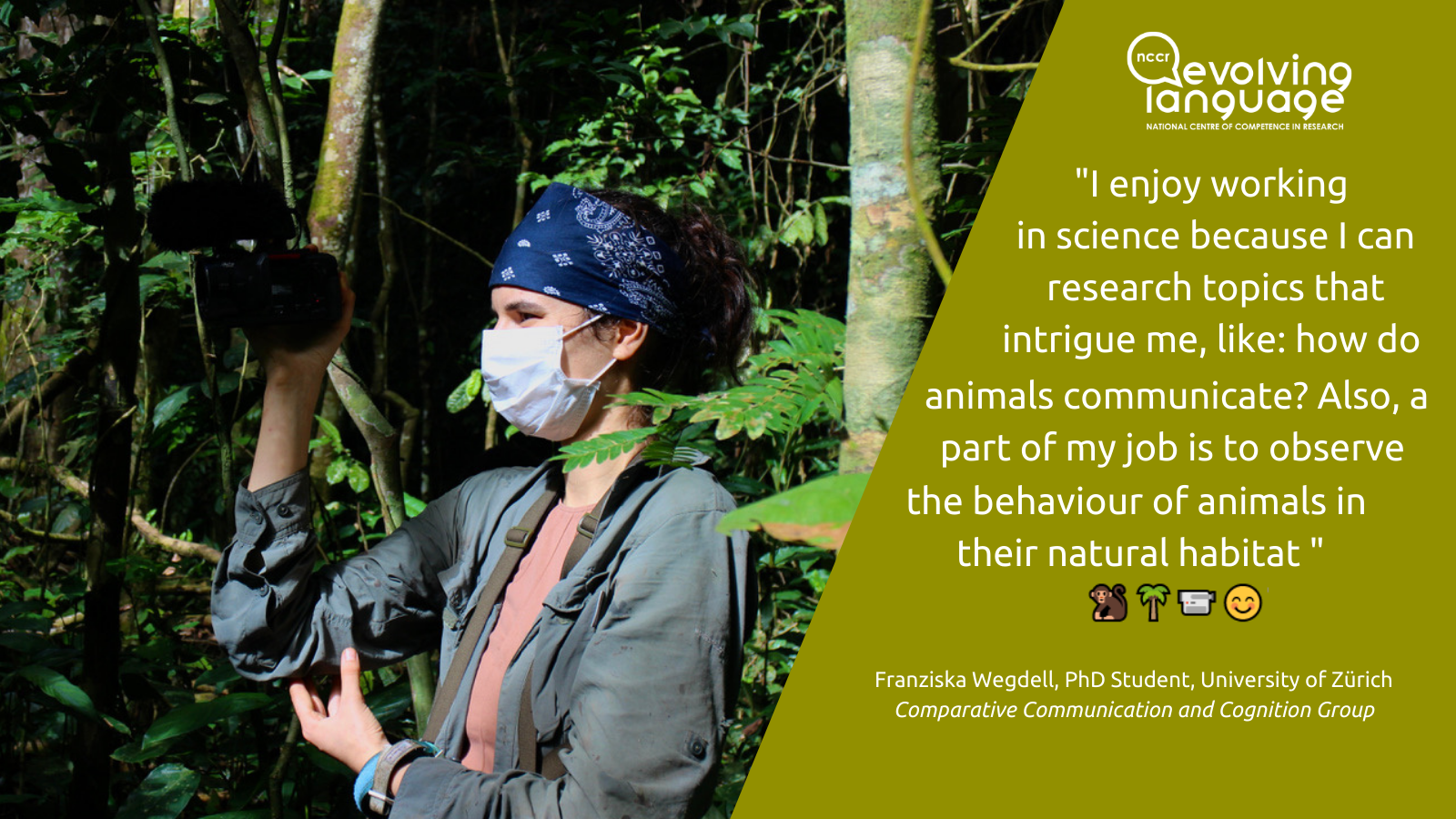
11.02.2022 : Journée des femmes de science
Pour le #WomeninScienceDay #IDWGS2022 nous sommes heureux de partager avec vous trois témoignages de nos chercheuses de l’Université de Zurich Franziska Wegdell, Nicole Tamer & Chiara Barbieri !
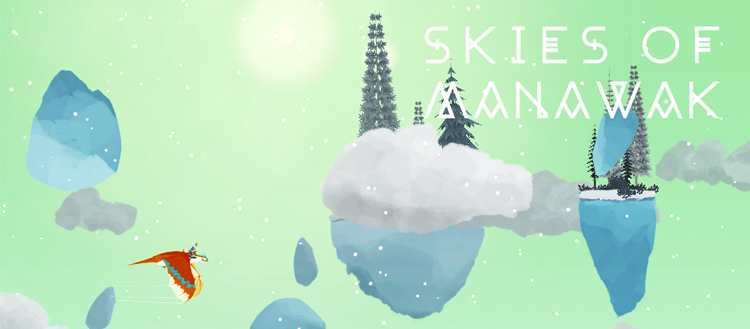
Améliorer les compétences en lecture grâce aux jeux vidéo d’action
Et si les jeux vidéo, au lieu d’être un obstacle à l’alphabétisation, pouvaient en fait aider les enfants à améliorer leurs capacités de lecture ? Une équipe de l’Université de Genève (UNIGE) s’est associée à des scientifiques de l’Université de Trento en Italie pour tester un jeu vidéo d’action destiné aux enfants, qui permettrait d’améliorer les compétences en lecture. Les résultats, publiés […]
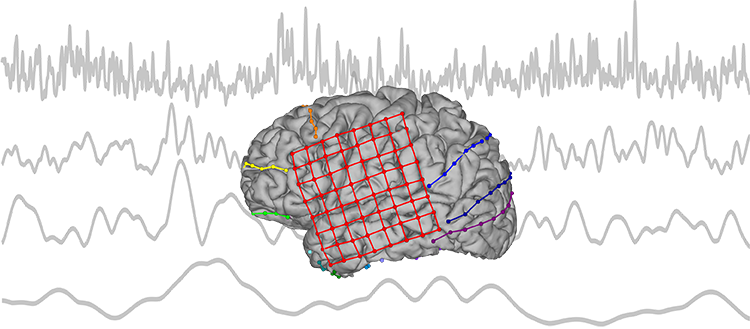
Décoder le langage intérieur pour traiter les troubles de la parole
Et s’il était possible de décoder le langage interne des individus privés de la possibilité de s’exprimer ? C’est l’objectif d’une équipe de neuroscientifiques de l’Université de Genève (UNIGE) et des Hôpitaux universitaires de Genève (HUG).
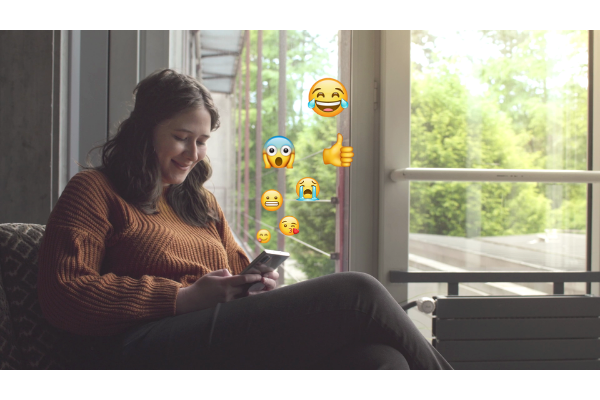
Quand nos émotions se conjuguent au numérique
Des chercheurs de l’Université de Lausanne et de l’EPFL ont pour objectif de décortiquer la manière dont nous partageons nos émotions par messagerie instantanée. L’étude, qui est portée par le programme CROSS et qui s’intègre dans les recherches du PRN Evolving Language, s’avère particulièrement intéressant pour la préservation de l’héritage linguistique helvétique. Par Emilie WyssEn […]
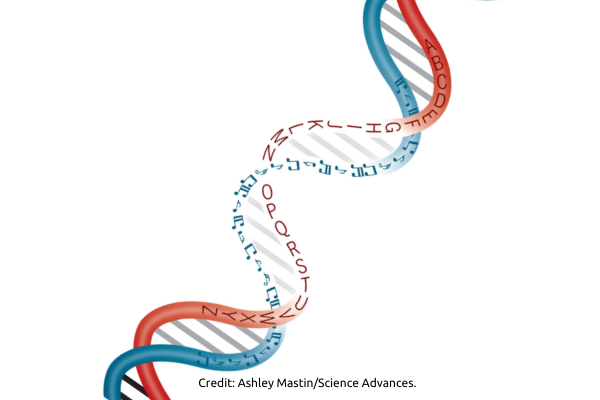
Les langues et les gènes partagent-ils l’histoire de l’évolution culturelle ? – Un article de Sciences Advances
Sciences Advances a écrit un article focal présentant l’étude avec les membres du PRN Peter Ranacher, Balthasar Bickel, Ken Shimizu et une équipe internationale plus large. Il s’agit du 5ème article focus en 2021 (et du seul article non-biomédical), ce qui souligne son importance.

Note les emojis et participe à une recherche scientifique!
🙋❤️📱 🙂. Depuis l’arrivée de la communication numérique, les emojis sont devenus de plus en plus populaires. Mais que signifient-ils? Comment et dans quel contexte sont-ils utilisés? Pour tenter de répondre à ces questions, une équipe interdisciplinaire de l’Université de Lausanne de l’EPFL a lancé ACCOMOJI, un projet qui examine les conversations WhatsApp en Suisse. […]
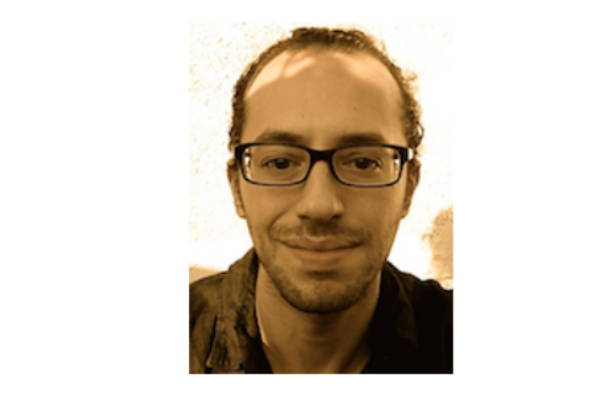
Nouveau projet FNS sur les accents indigènes dans les cris de nourrissons
Le professeur Alexis Hervais-Adelman, chercheur associé au PRN Evolving Language, a obtenu un subside du FNS pour son projet sur les accents indigènes dans les cris des nourrissons.
Titre : Accents natifs dans les cris des nourrissons – Un mécanisme primitif pour optimiser les réponses des soignants, et les fondements du langage parlé.
Résumé : Au cours de la dernière décennie, des preuves ont commencé à être apportées pour démontrer l’existence d’accents natifs dans les cris des nourrissons.

Les instruments de musique d’Amérique du Sud reflètent les relations entre les populations
La musique est une caractéristique universelle de la culture humaine et son histoire remonte à au moins 35 000 ans, ce qui en fait une pièce intéressante du puzzle de l’évolution culturelle. Une nouvelle étude menée par des chercheurs de l’université de Zurich analyse pour la première fois des données organologiques et leur relation avec les groupes linguistiques et l’histoire de la population en Amérique du Sud, suggérant des contacts culturels sur de longues distances géographiques et des cas d’extinction récente.

International Symposium Announcement, Zurich, Sept. 29-30
the Swiss National Competence Center in Research ‘Evolving Language’ is happy to announce a special symposium on The Molecular Anthropology of Language: Results and Prospects. This two-day event held at the University of Zurich from 29-30 September 2021 will bring together both established and emerging leaders in this burgeoning field.
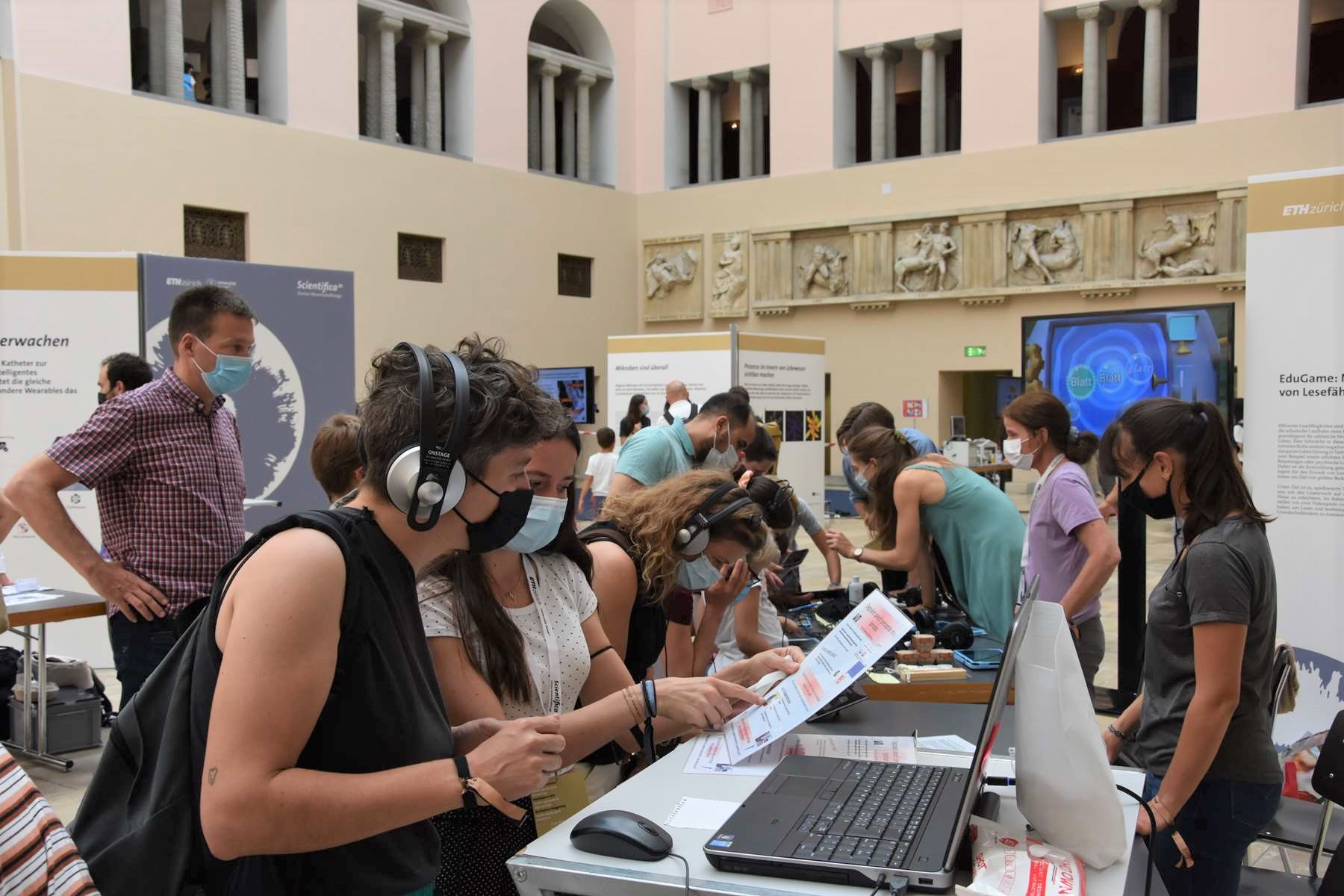
Scientifica 2021 – When researchers meet the public
The NCCR Evolving Language community took actively part in Scientifica, the science festival held by the University of Zurich and ETH Zurich on September 4-5.
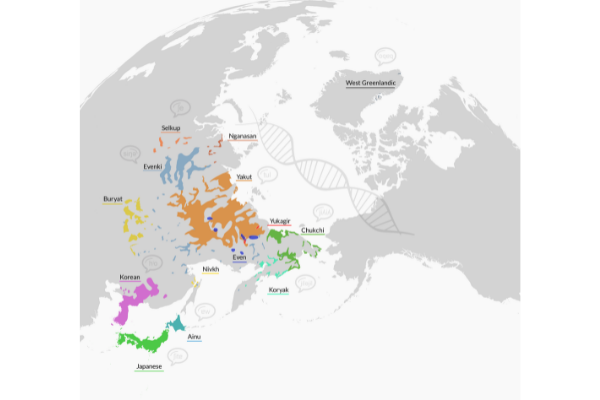
Et si notre histoire était inscrite dans notre grammaire? (EN)
Les humains ont toujours été en mouvement, créant une histoire complexe de langues et de traditions culturelles dispersées sur le globe. Une équipe internationale dirigée par l’UZH a maintenant retracé des familles de langues apparentées sur plus de 10 000 ans en combinant des données issues de la génétique, de la linguistique et de la musicologie à l’aide de nouvelles méthodes numériques. Leurs conclusions : la grammaire représente le mieux la préhistoire commune d’une population et reflète donc la génétique plus que toute autre caractéristique culturelle.
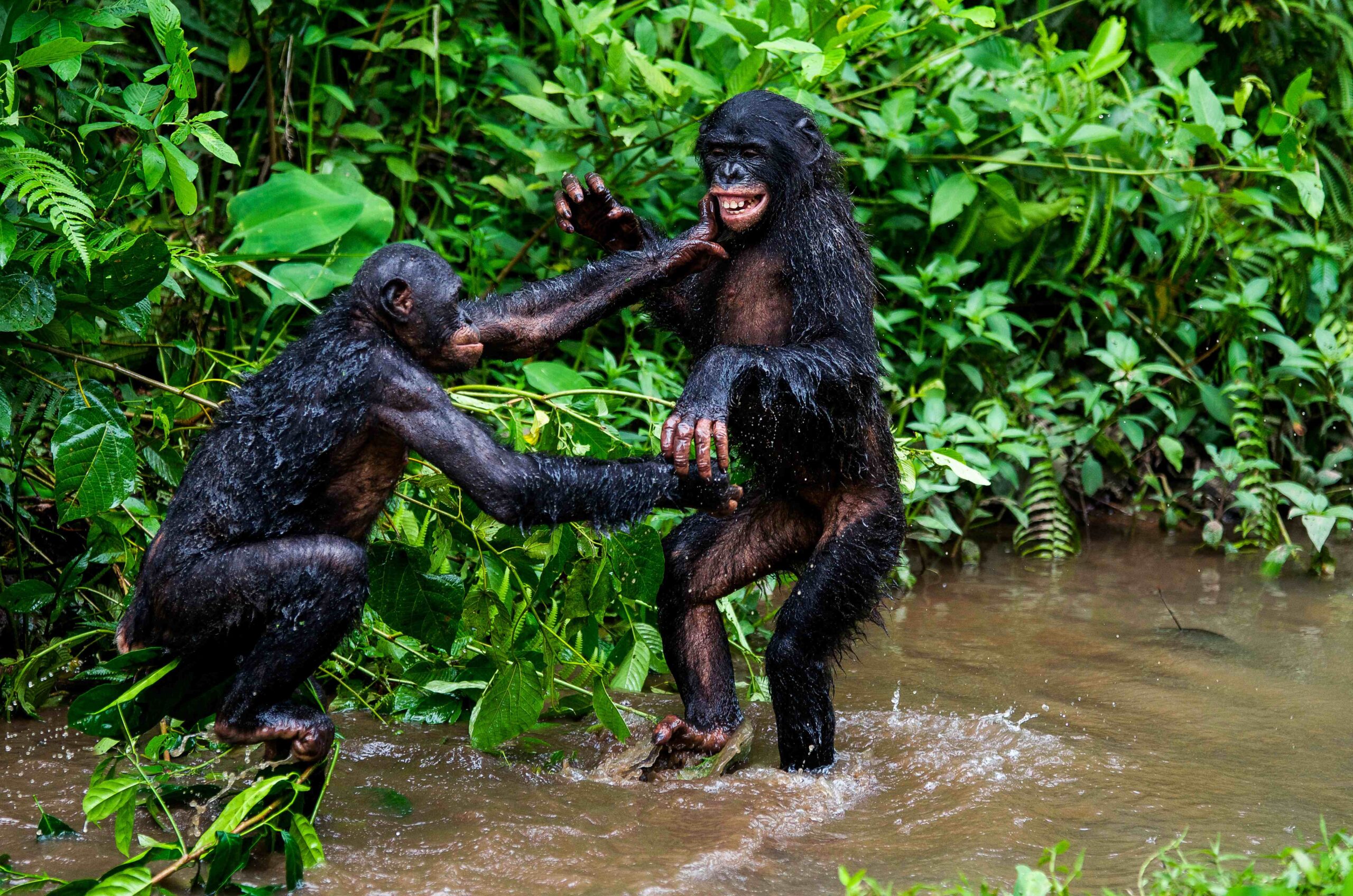
La politesse, c’est tendance chez les singes
Apes use specific gestures to start and end social interaction. A behavior not seen outside of the human species until now, report scientists from the Universities of Neuchâtel (UniNE) and Durham (UK). They also found that the social and power dynamics between the interacting apes affected the communication efforts used, which the researchers say mirrors patterns similar to human politeness. The findings are published today in the journal iScience.

Paul Widmer (UZH) has been appointed full professor
Our PI Paul Widmer has been appointed Full Professor of Comparative Indo-European Linguistics at the University of Zurich, Department of Comparative Language Science. Congratulations to him!
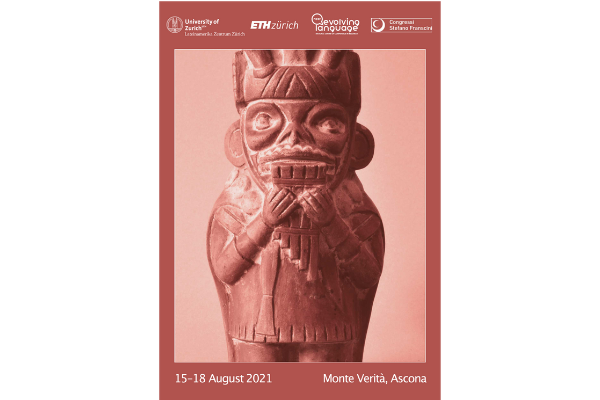
The South American Ethnosphere: Human diversity in time and space
A workshop sponsored by the platform Congressi Stefano Franscini (ETH) and the Latin American Center Zurich to promote exchanges and conversations on the state of the art research on human diversity and landscape impacts in South America. Participants include experts from different fields such as archaeology, history, anthropology, linguistics, genetics, botanic.
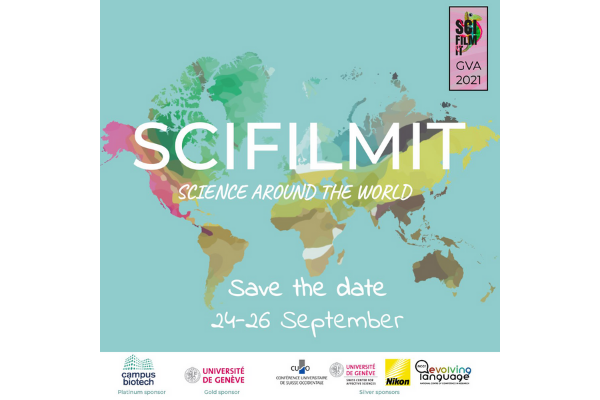
SciFilmIt: create a movie in 72 hours!
Are you eager to learn about science communication and storytelling? Do you want to create a short film about your research under the mentorship of experts and present it in a cinema? Here’s the opportunity! We’re very happy to tell you that we’ve partnered up with the association SciFilmIt, which aims at bridging the gap between science and emotion through film.
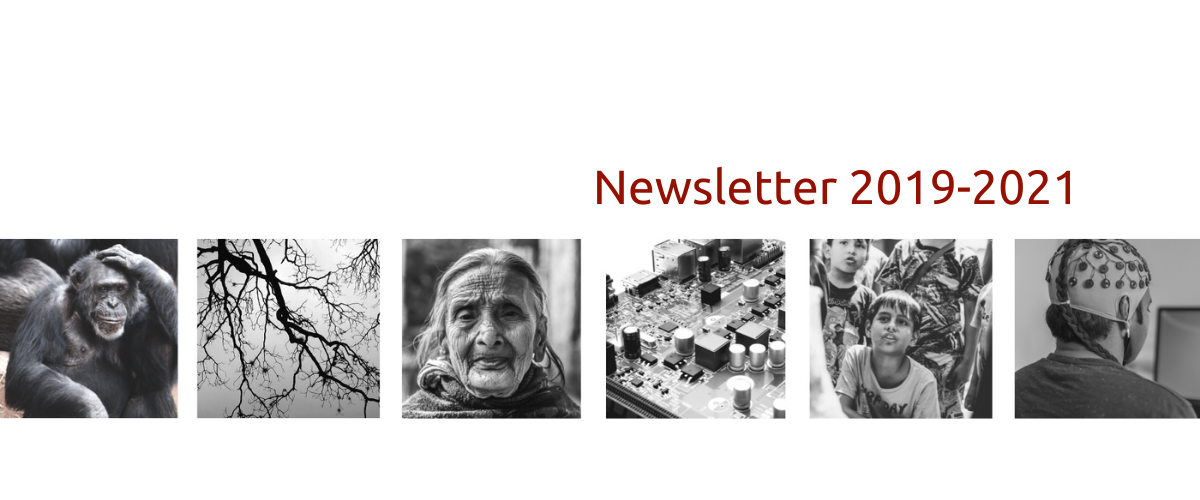
Cracking language mystery for over a year!
It has been over a year since the launch of the NCCR. We are very proud of what we have accomplished during the past months.
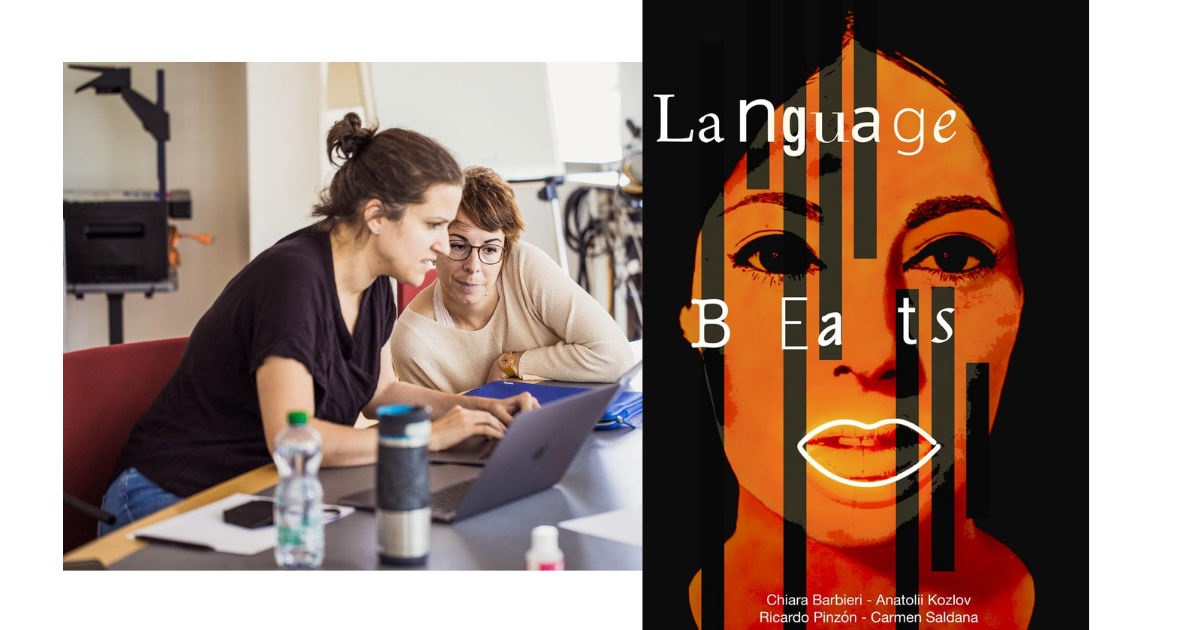
Movie hackathon: a film on Language in 72 hours
We’re very happy that Carmen Saldana and Chiara Barbieri agreed to participate in the SciFilmIt Hackathons and created a movie on language.
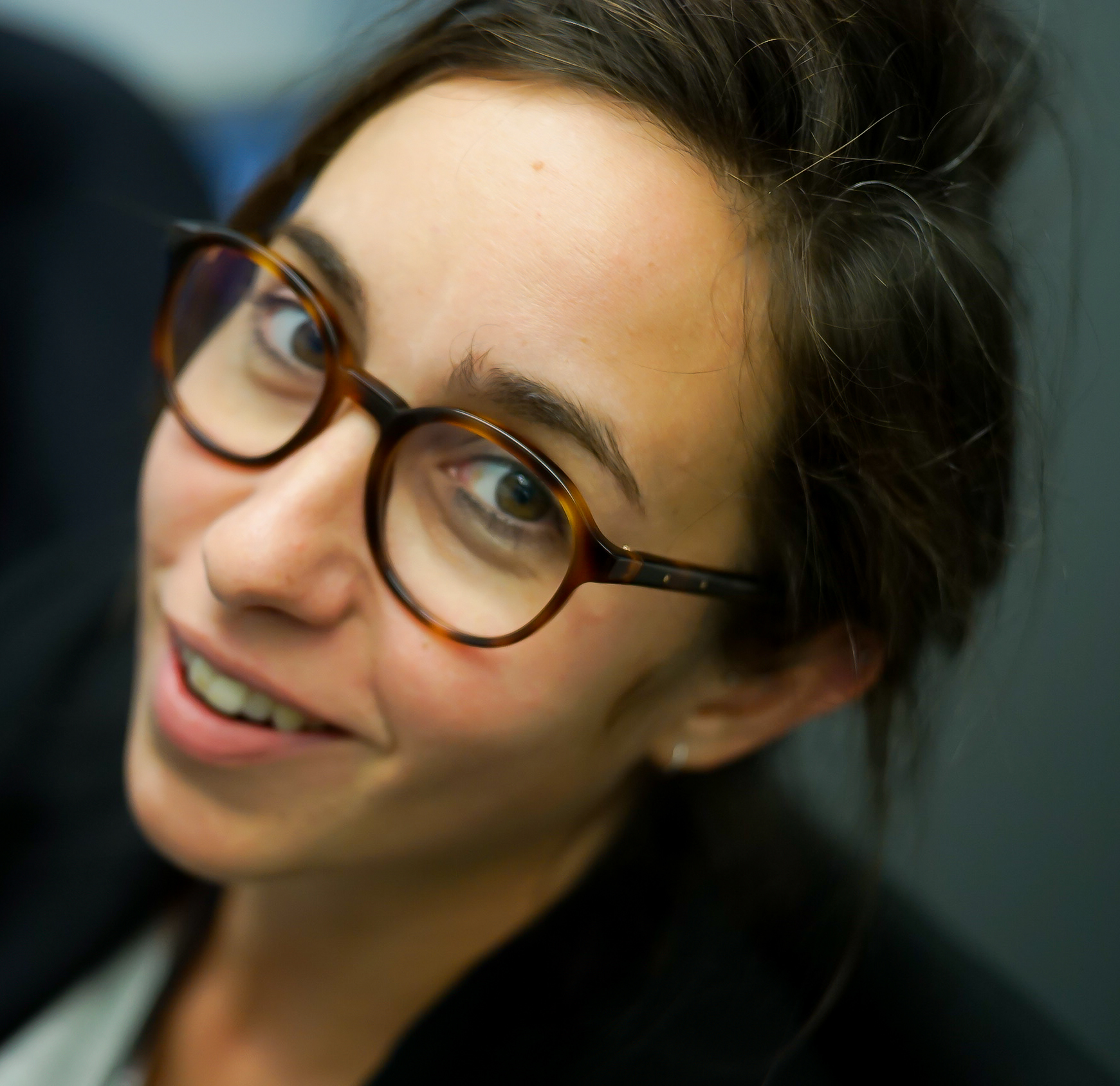
Dr. Silvia Marchesotti was awarded by the Swiss Dyslexia Association
Silvia Marchesotti received the Swiss Dyslexia Association Research Award 2021 for her work “Selective enhancement of low-gamma activity by tACS improves phonemic processing and reading accuracy in dyslexia”.

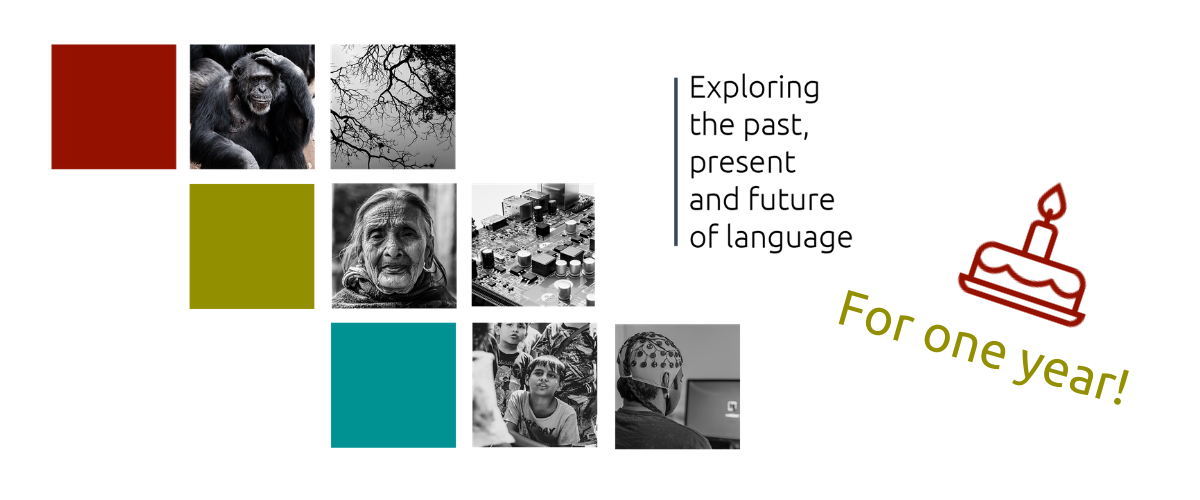
Happy Birthday, NCCR Evolving Language!
We celebrate one year of joint interdisciplinary research and outreach activities. Launching an NCCR during the global pandemic was not a piece of cake but we are proud of our achievements and we look forward to more exciting research in the years to come!

La diversité au cœur d’Evolving Language
Le 21 mai est la journée mondiale de la diversité culturelle pour le dialogue et pour le développement. Elle offre l’opportunité d’approfondir nos réflexions sur les valeurs de la diversité culturelle et ainsi apprendre à mieux “vivre ensemble”. Au sein du Pôle de Recherche National (PRN) Evolving Language, la diversité est un pilier essentiel. À ce titre, plusieurs mesures sont mises en place pour garantir une inclusion sans faille.

The ZNZ talks about us!
What makes our NCCR unique and how will it carry language research far into the future? Find it out in the latest issue of the Neuroscience Center Zurich (University of Zurich) newsletter! With our PIs Richard Hahnloser, Martin Meyer, Moritz Daum & Silvia Brem

Adrian Guggisberg has been appointed head of Neurorehabilitation at the University Hospital in Bern.
The management of the Insel Group has appointed Prof. Adrian Guggisberg, MD, as head of Neurorehabilitation at the University Hospital in Bern.
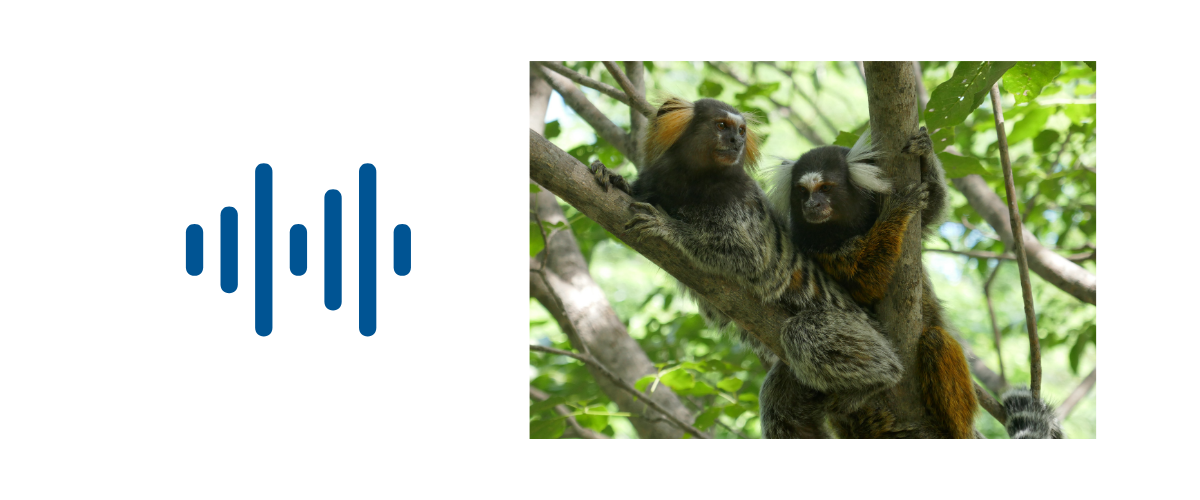
Les singe ouistitis écoutent et comprennent les conversations entre d’autres membres de leur espèce
Marmoset monkeys perceive the vocal interactions between their conspecifics not just as a string of calls, but as coherent conversations. They also evaluate their content. These are the findings of a study by researchers at the University of Zurich which combined thermography methods with behavioral preference measures.
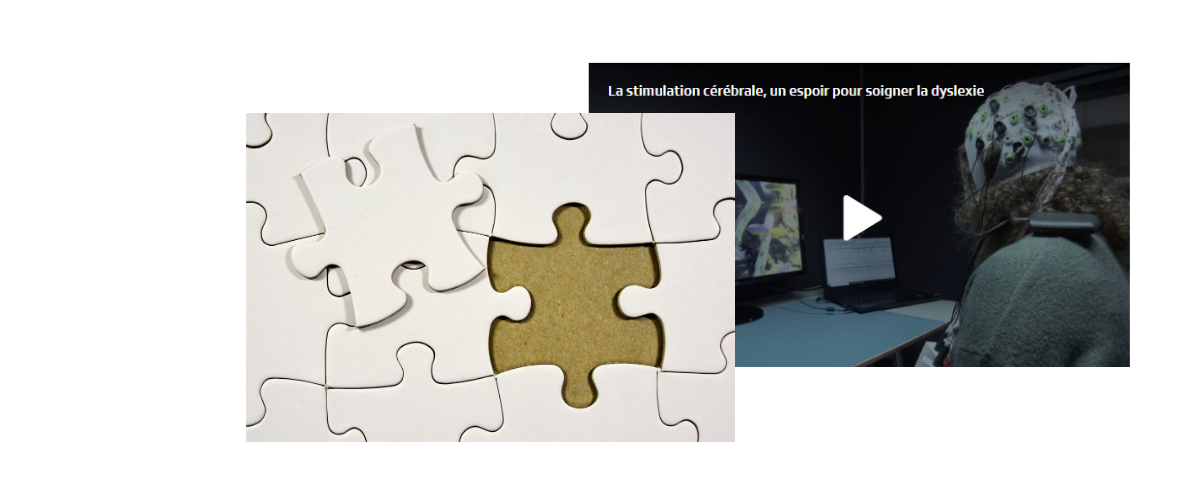
Additional information to the 19h30 RTS of Friday (04.02.21)
Following the report “Brain stimulation, a hope to cure dyslexia”, on February 4, 2021 at 7:30 p.m. of the RTS, the dyslexia team of the NCCR (National Center of Competence in Research)- Evolving Language, Profe Anne-Lise Giraud, Dr. Sylvia Marchesotti and Johanna Nicolle provided additional information on the study which can be found on the website of the Association Dyslexie Suisse romande.

Around 200 people attended our Online Information Event
Around 200 people joined us yesterday for our online information event! This was a great opportunity to officially introduce our NCCR to the community.
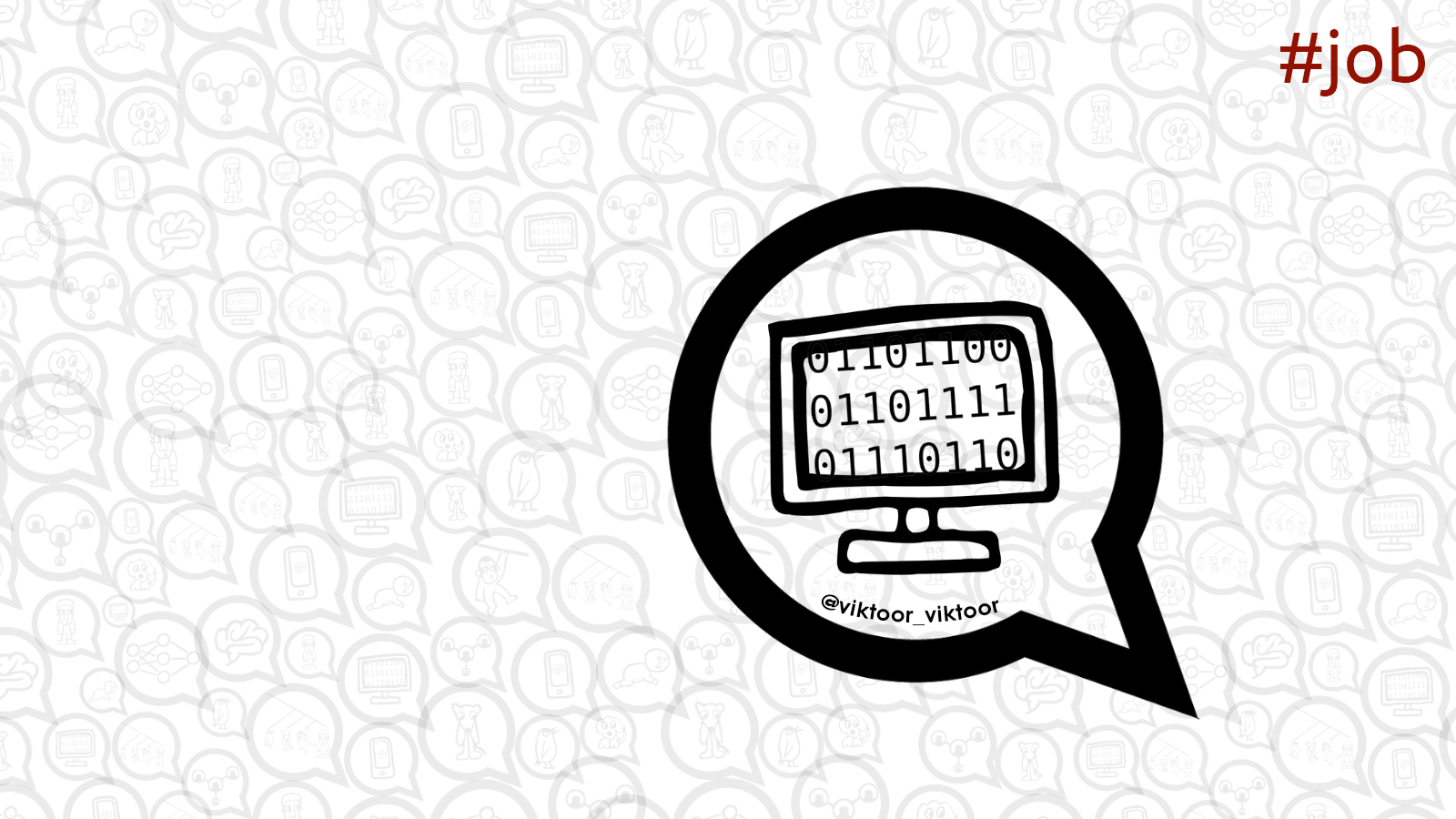

Les bonobos sont sensibles à leurs engagements conjoints
Les bonobos, lorsqu’ils sont brusquement interrompus dans une activité sociale avec un autre congénère, la reprennent, aussitôt la phase d’alerte terminée, avec le même partenaire. On pensait que cette capacité d’avoir conscience d’une activité sociale mutuelle était réservée aux humains.
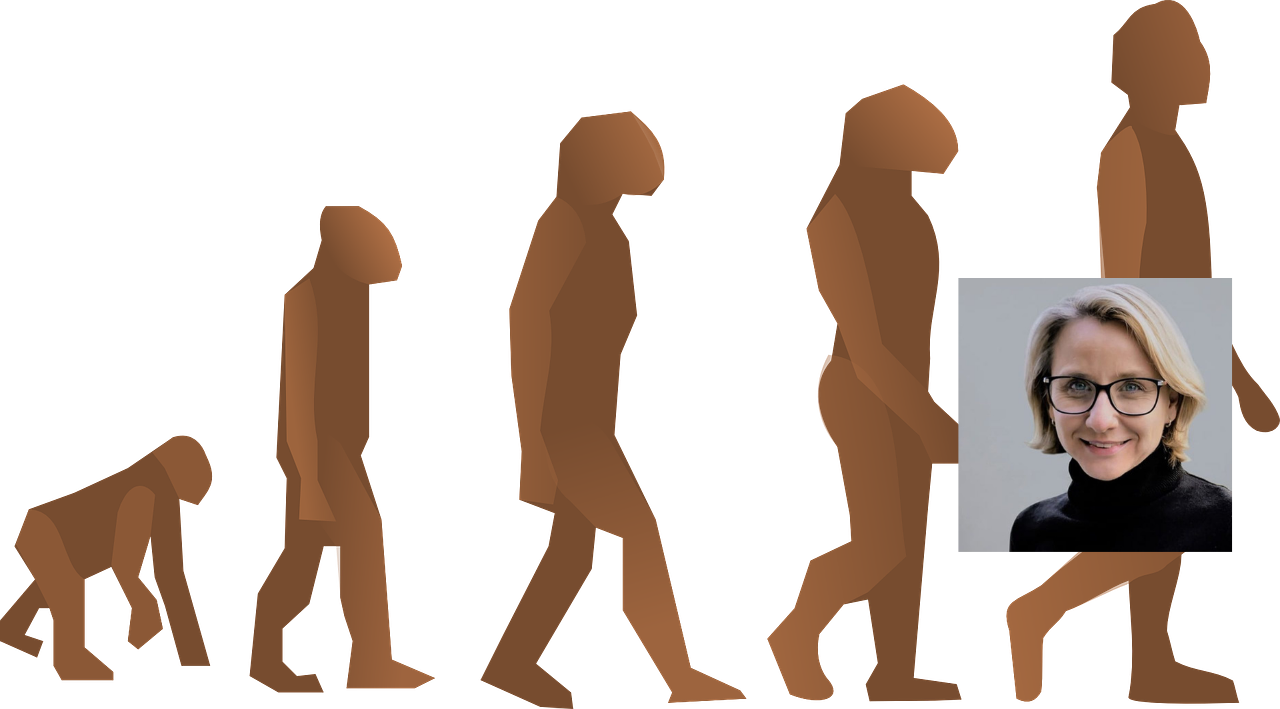
An ERC Consolidator Grant for Judith Burkart
Judith Burkart has been awarded an ERC Consolidator Grant for her research on interdependence between humans and apes during human evolution.

Présentation en ligne du NCCR
We would like to invite you all to an online information event on January 22nd, 2021, 4-5 pm. We will present the project, explain our larger scientific vision and discuss our long-term plans. The presentation will be in English, followed by a Q&A session.
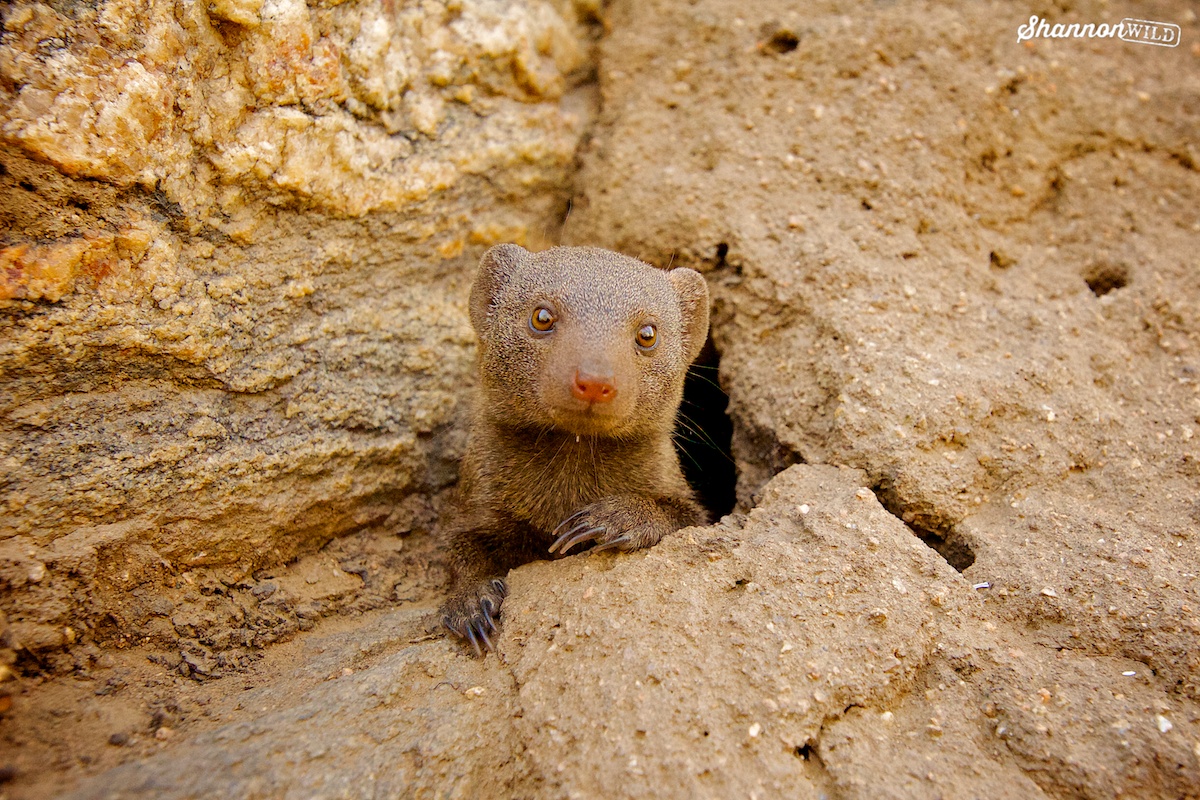
Dwarf mongooses may combine units in order to create new meanings
Dwarf mongooses seem to produce a complex call that may be a combination of distinct call units.
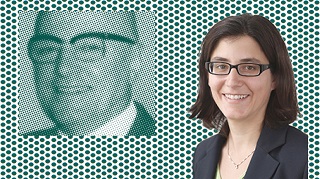
NCCR member Silvia Brem has been presented with the Georg Friedrich Götz Award
Cancer researcher and physician Steffen Böttcher from the Universitätsspital Zürich and neuroscientist Silvia Brem have been presented with the Georg Friedrich Götz Award for their outstanding contributions in the field of medical research.
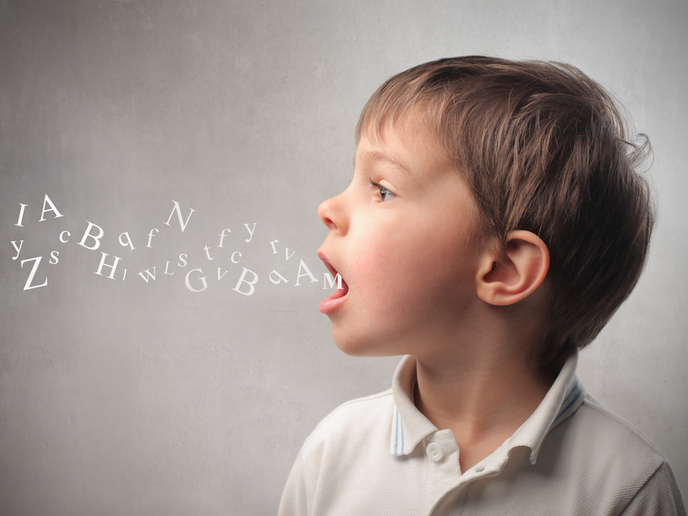
NCCR PI Sabine Stoll’s results in the latest Research*eu magazine
ERC Research from our PI and director of ISLE, Sabine Stoll, was presented in the latest Research*eu magazine: ‘How children learn how to speak: a cross-language investigation’.
Martin Volk joins management board of COST Action
NCCR PI Martin Volk joined the management board of the COST Action Language In The Human-Machine Era. This COST Action aims at preparing linguistics and its subdisciplines for the digital challenges of our times as well as at fostering the long-term dialogue between linguistics and technology developers.
NCCR officially started
The NCCR Evolving Language officially started on June 1, 2020. An official inauguration event will be held in fall at the University of Zurich. Date and location will be communicated in due course.
NCCR starting date postponed
Baring possible further decisions by the SERI or the SNSF, the starting date of the NCCR has been postponed to June 1, 2020 due to the ongoing COVID-19 epidemic. The earliest timepoint for hiring scientific staff is one month after the start date. Since this is just before the summer break, most projects will take […]
